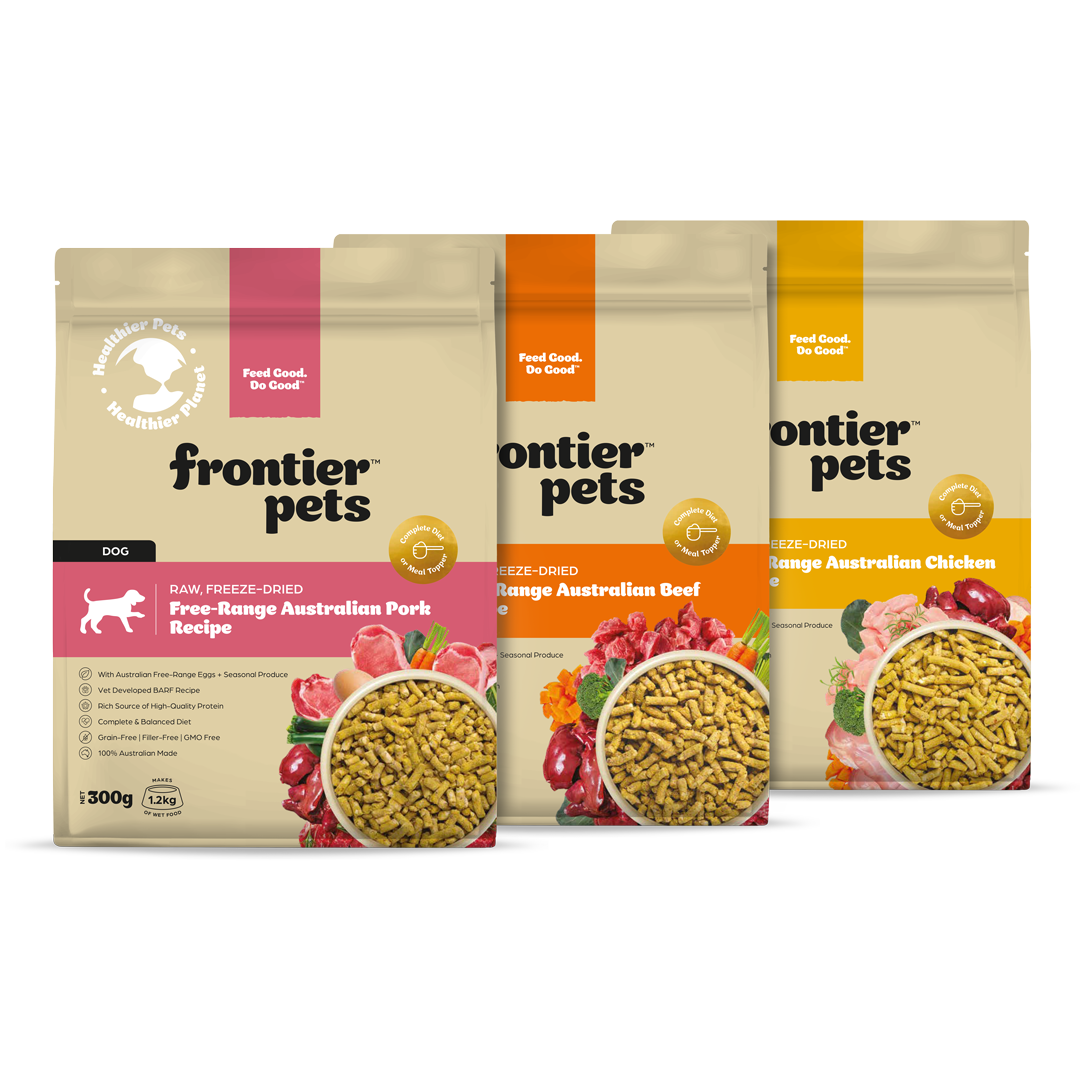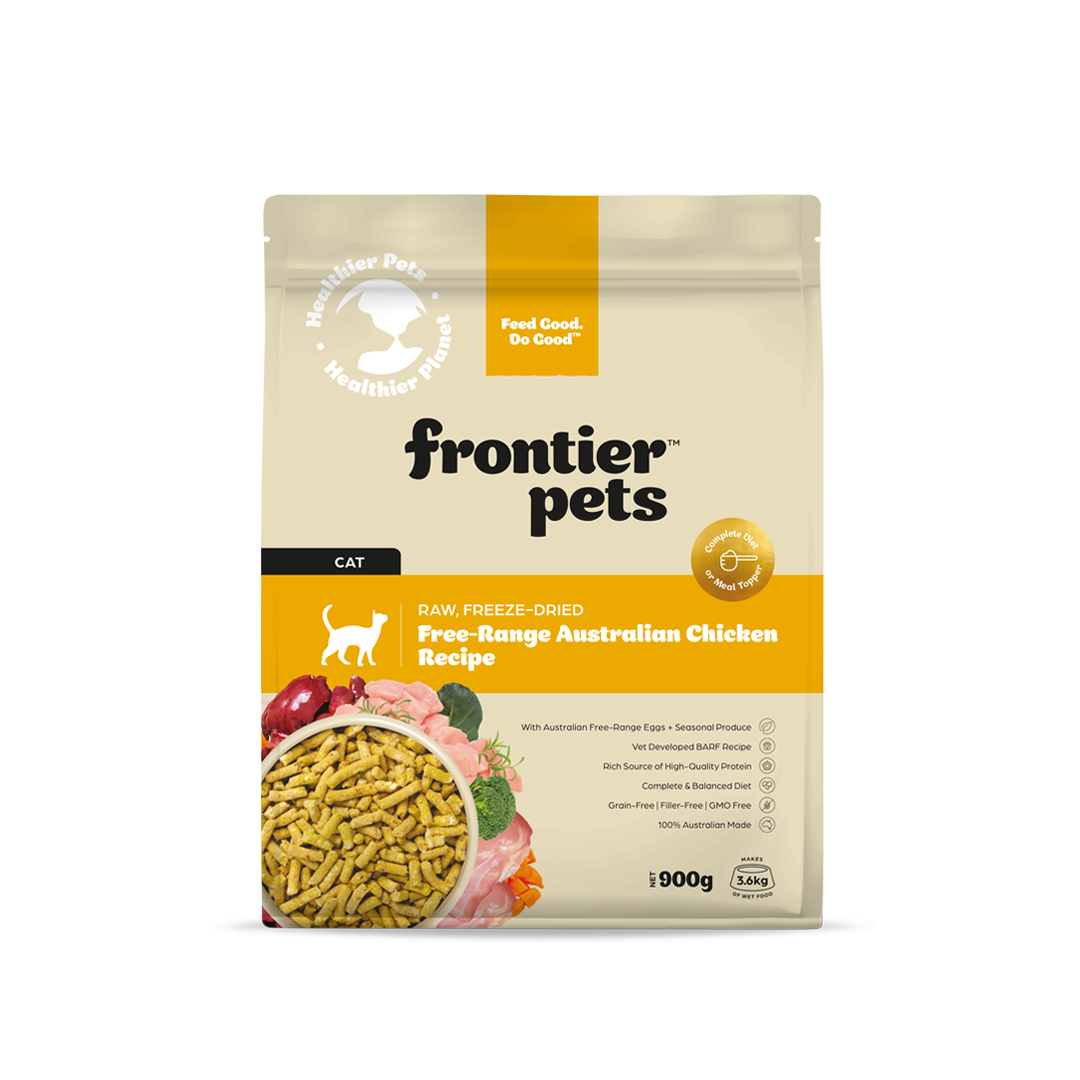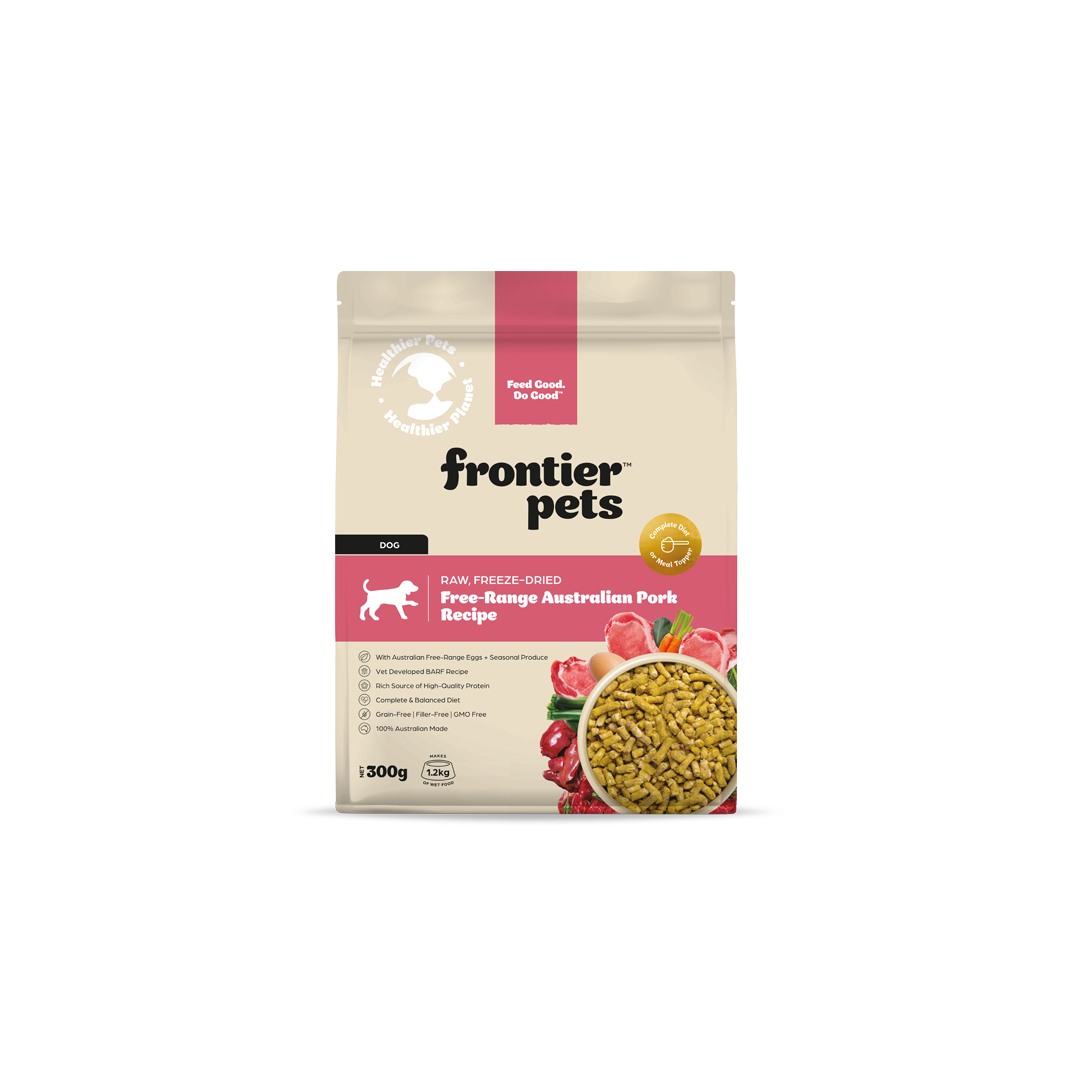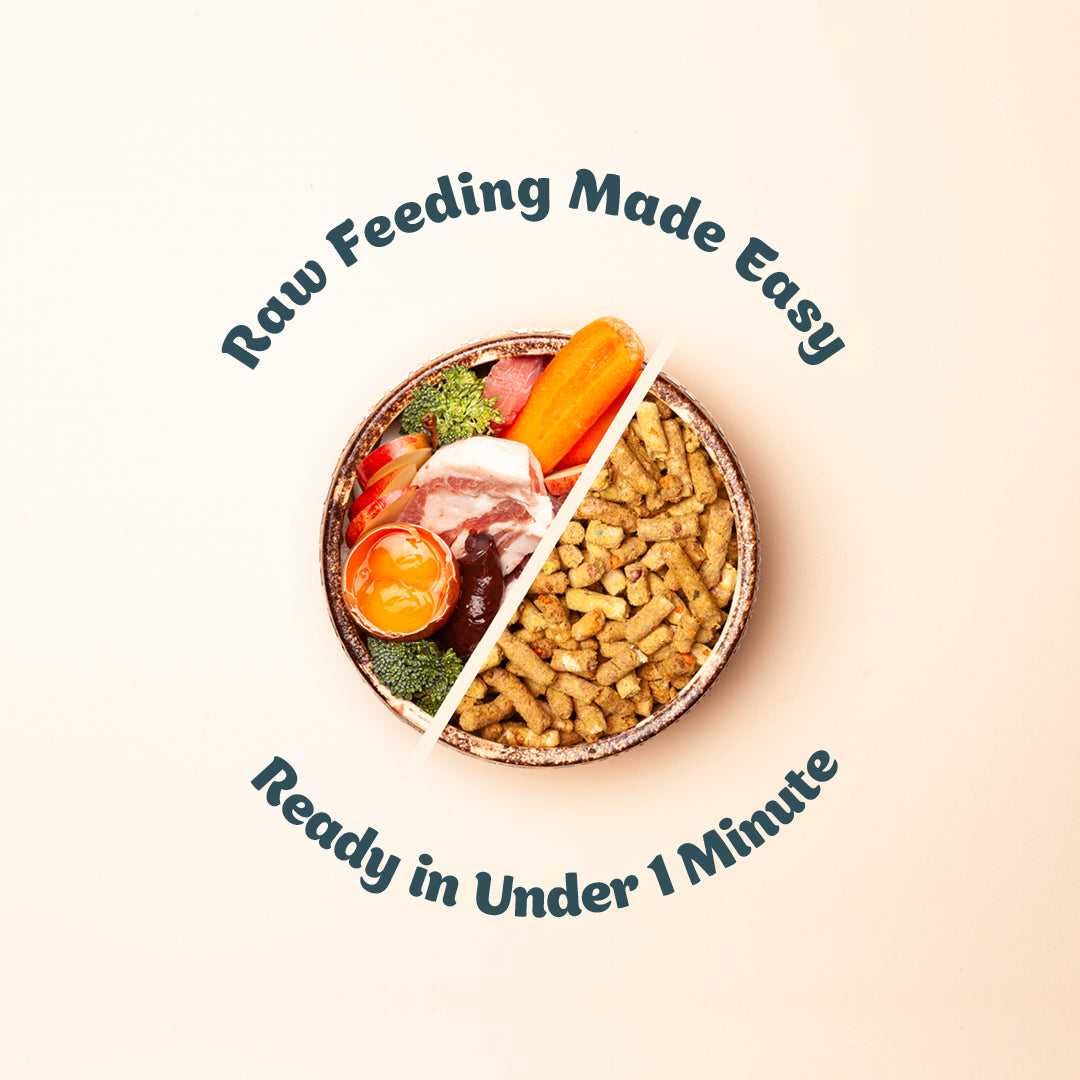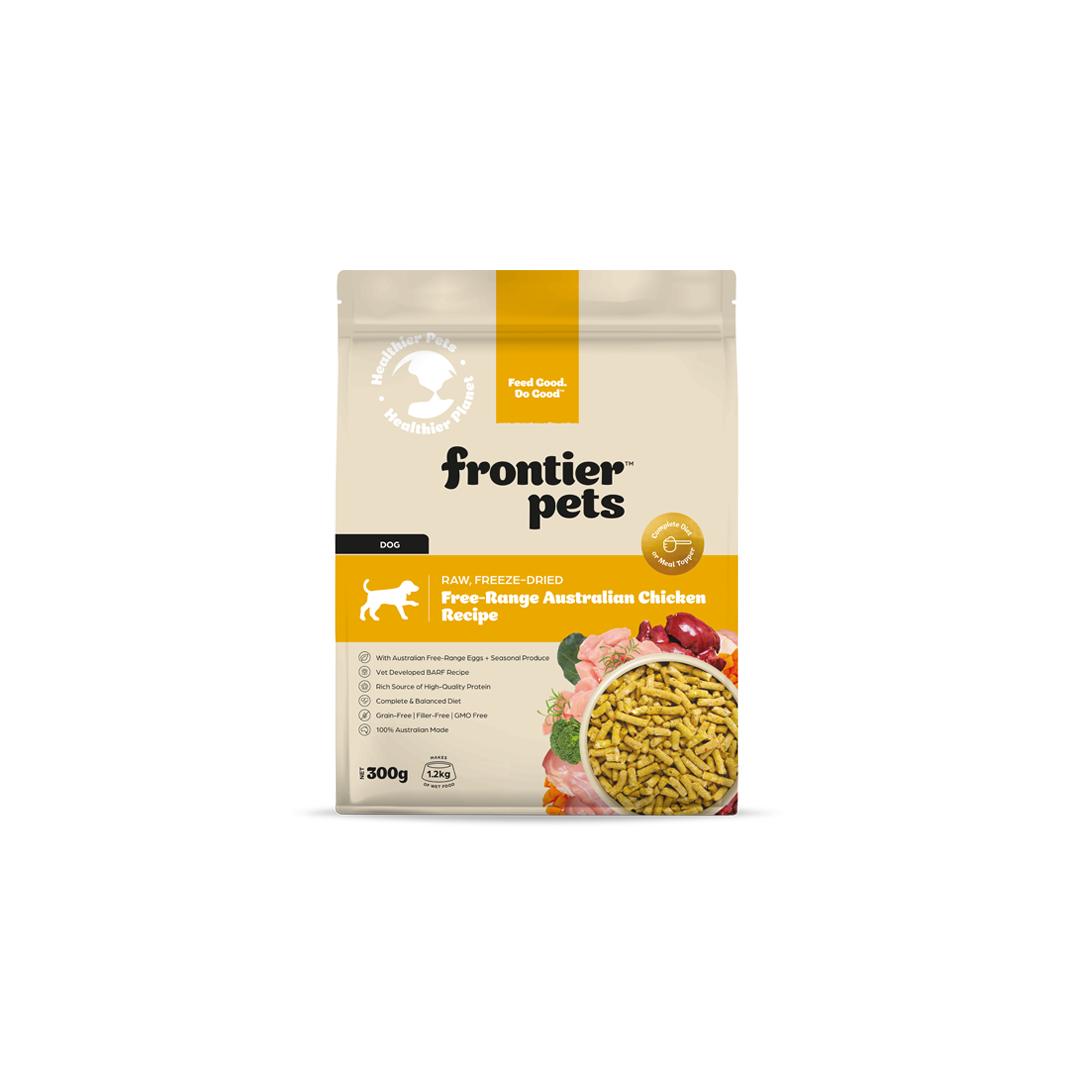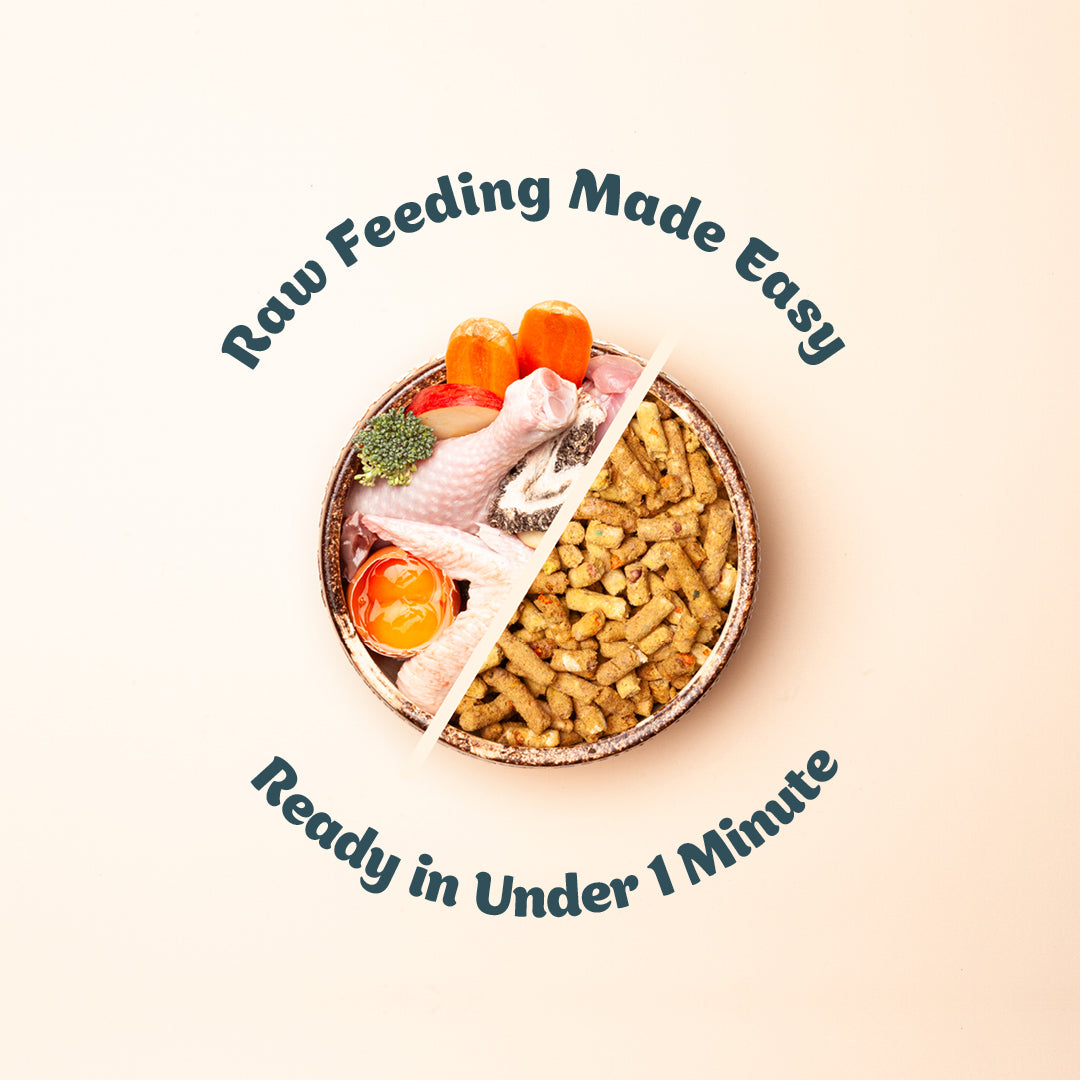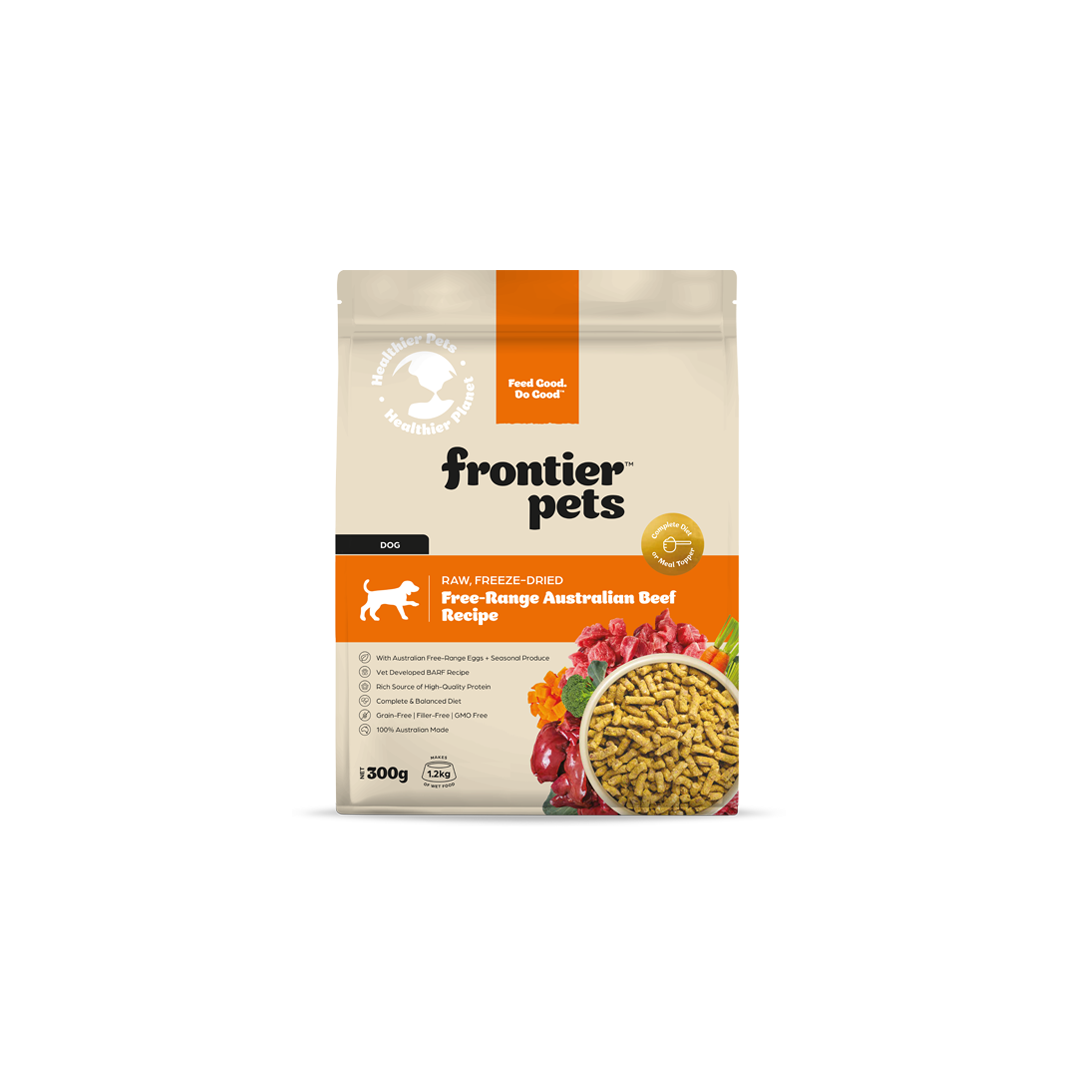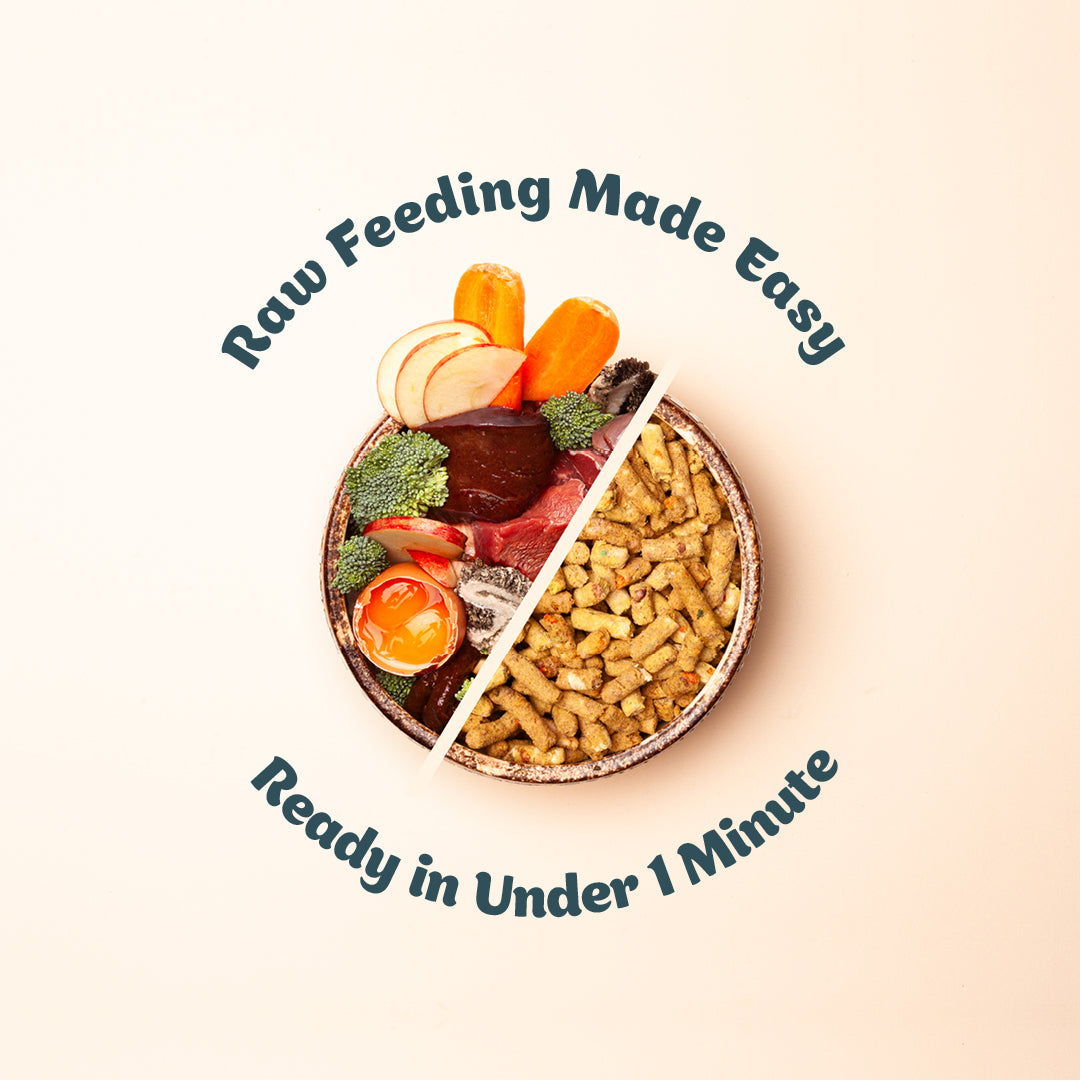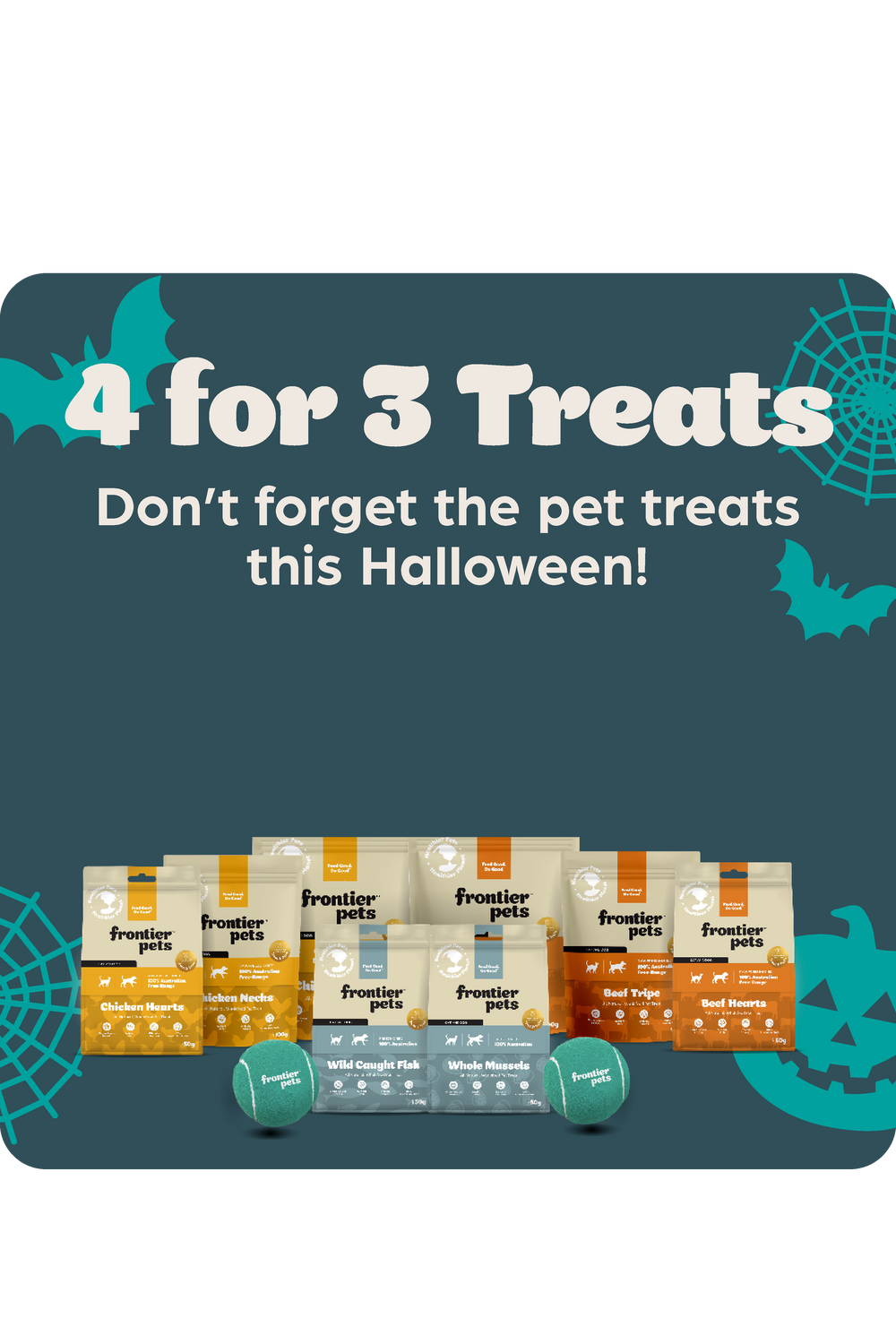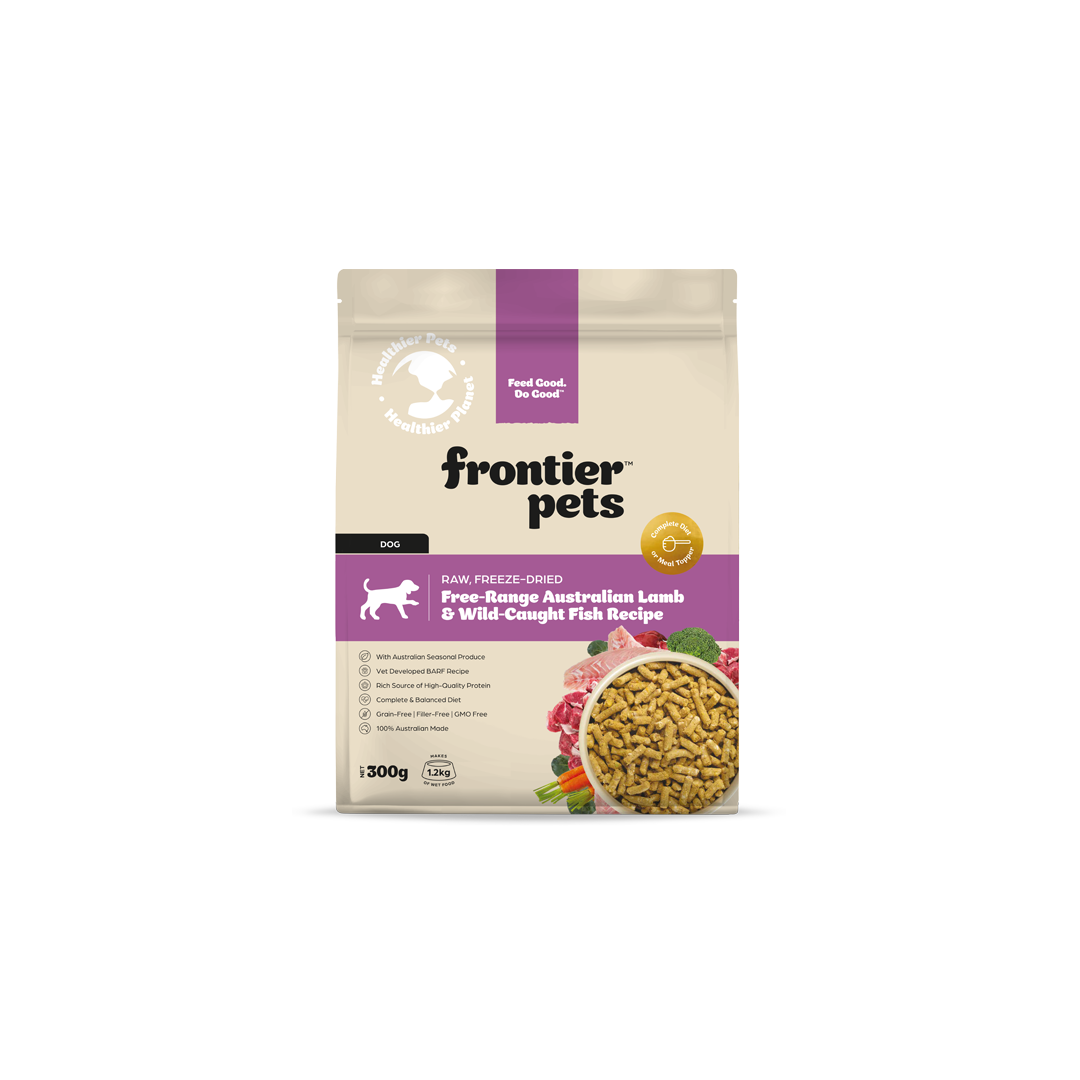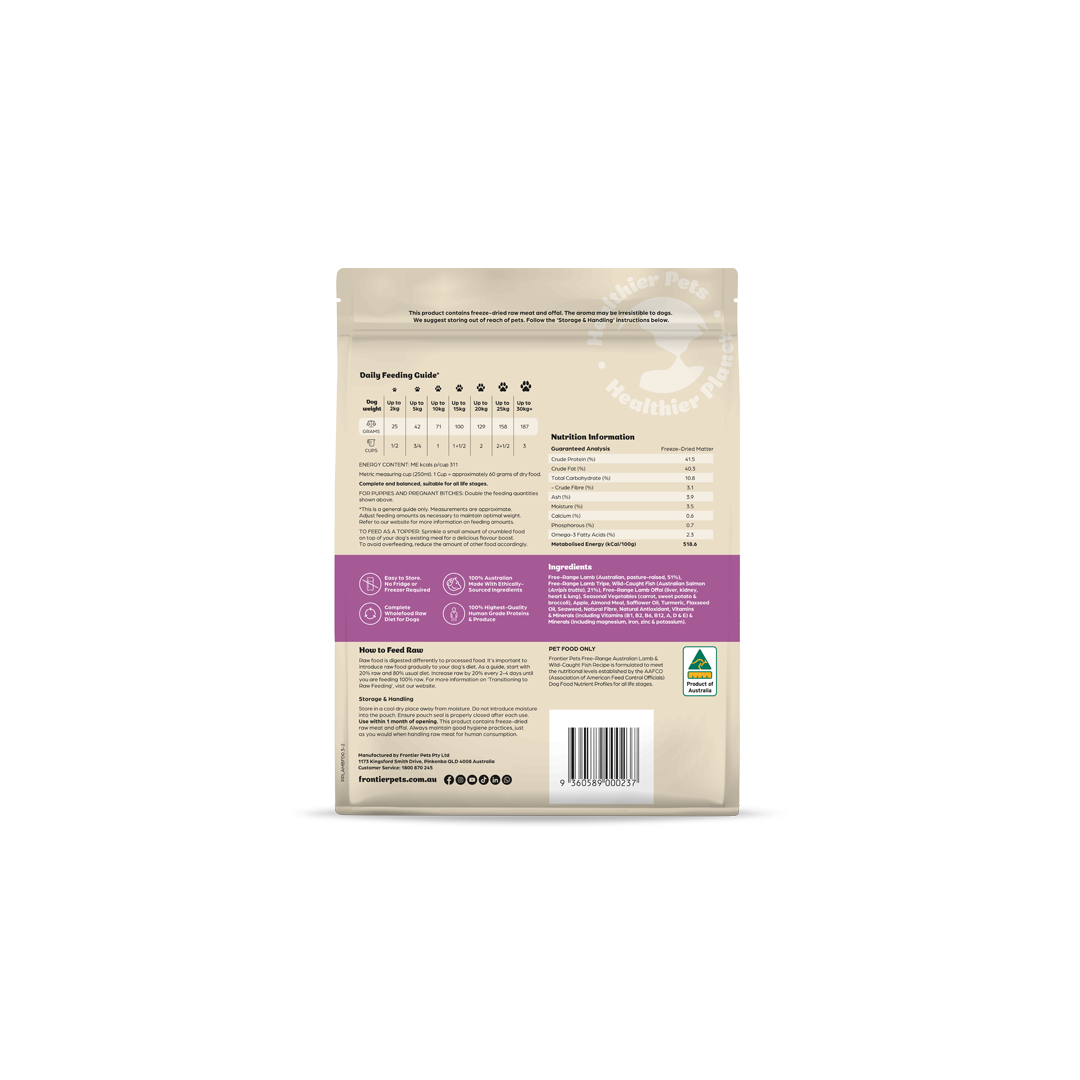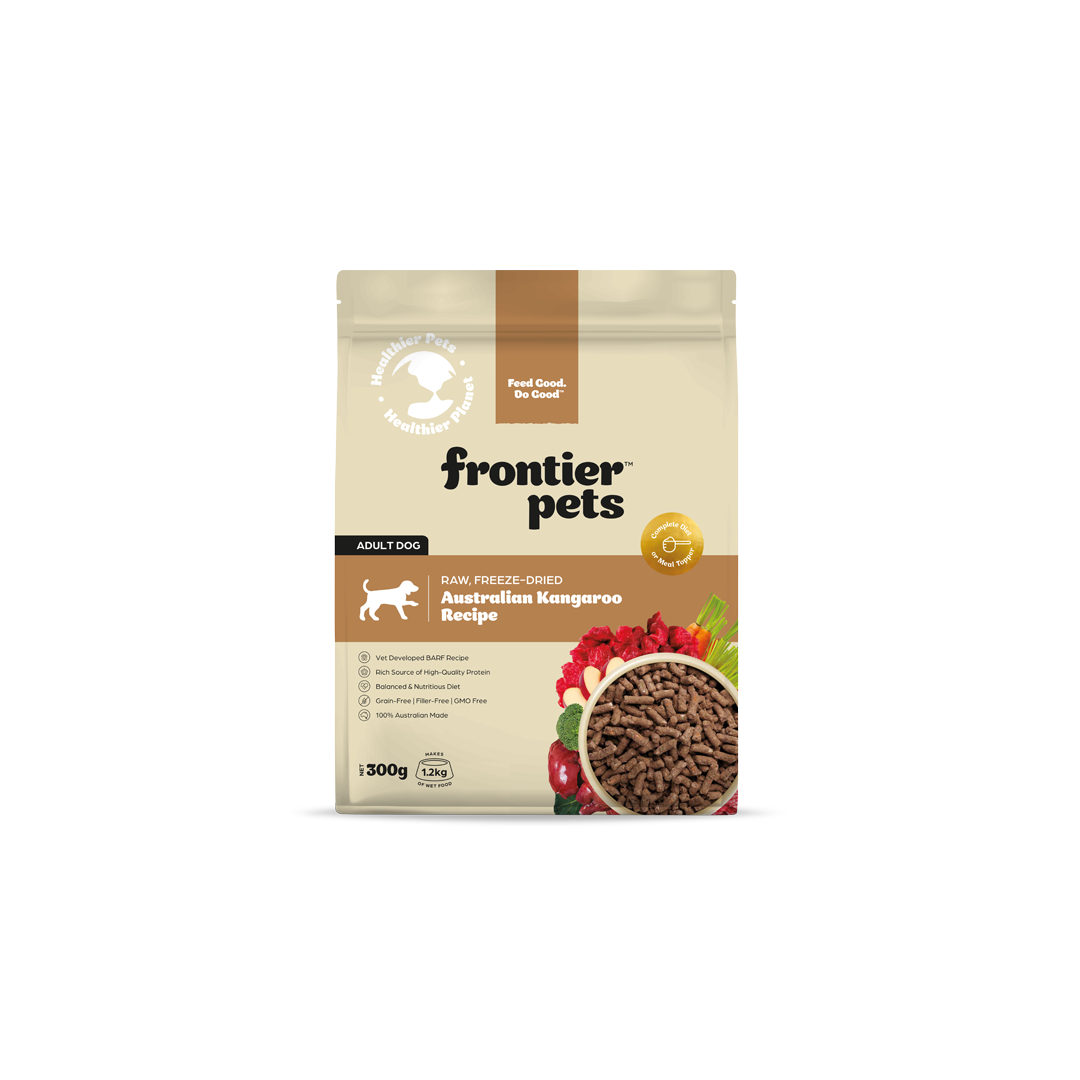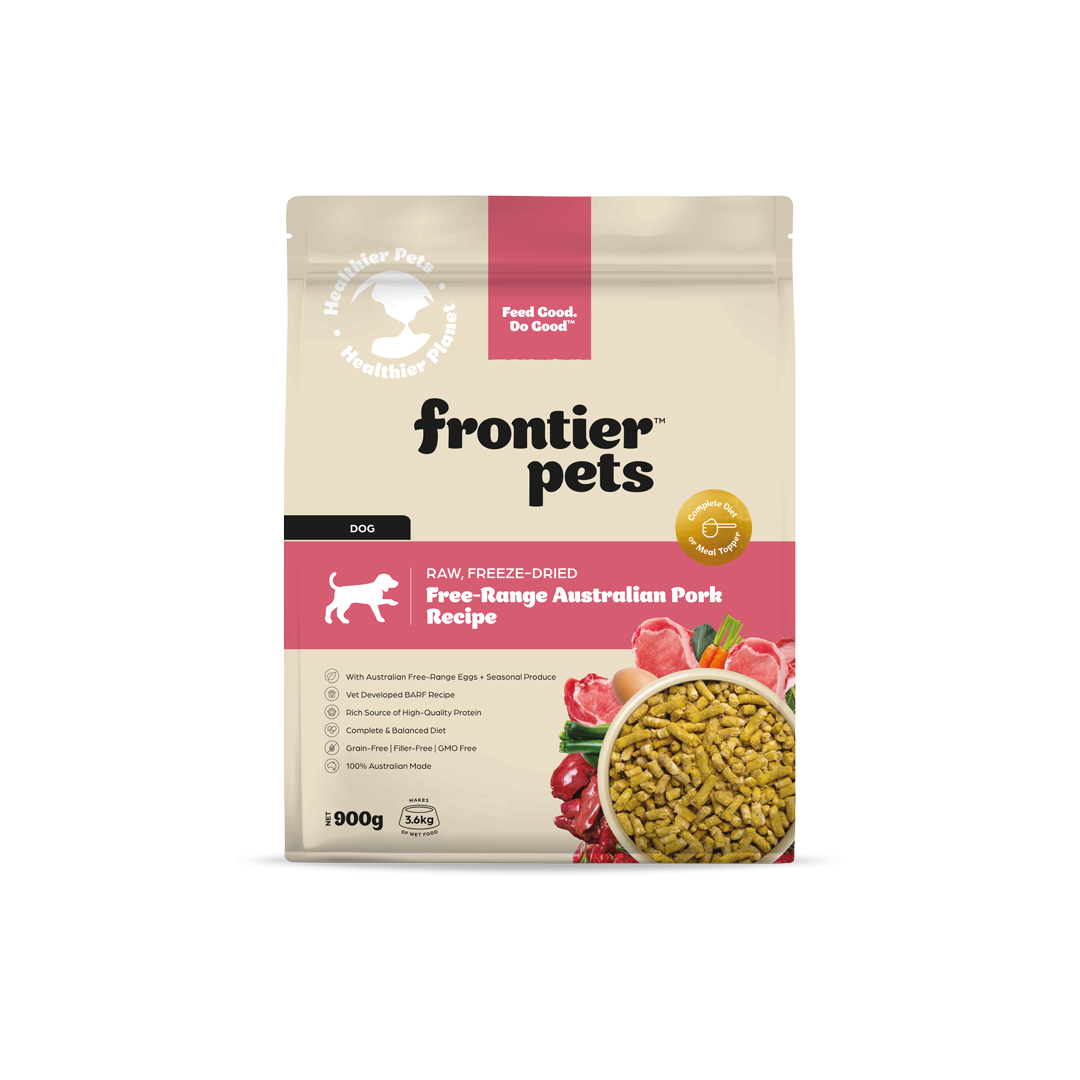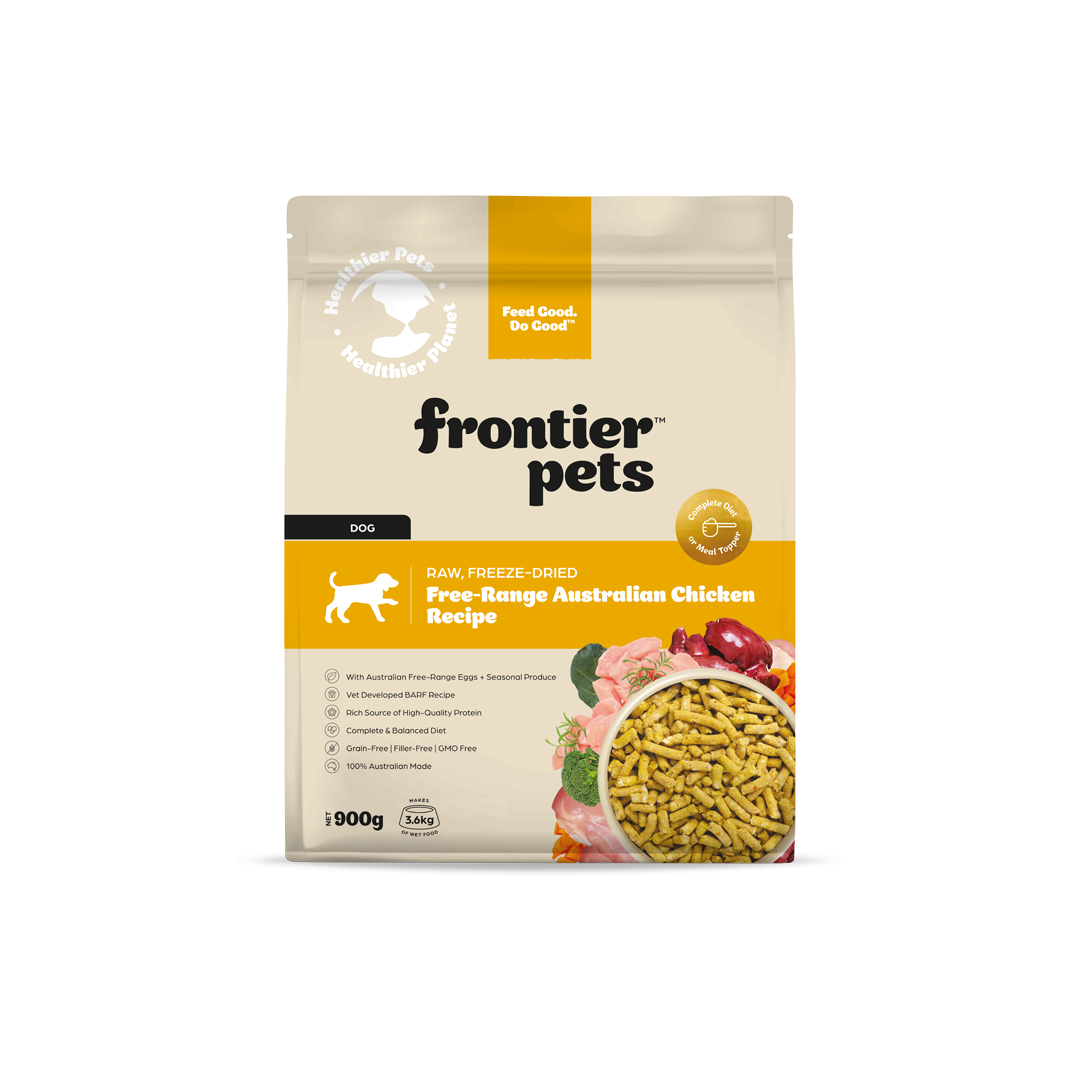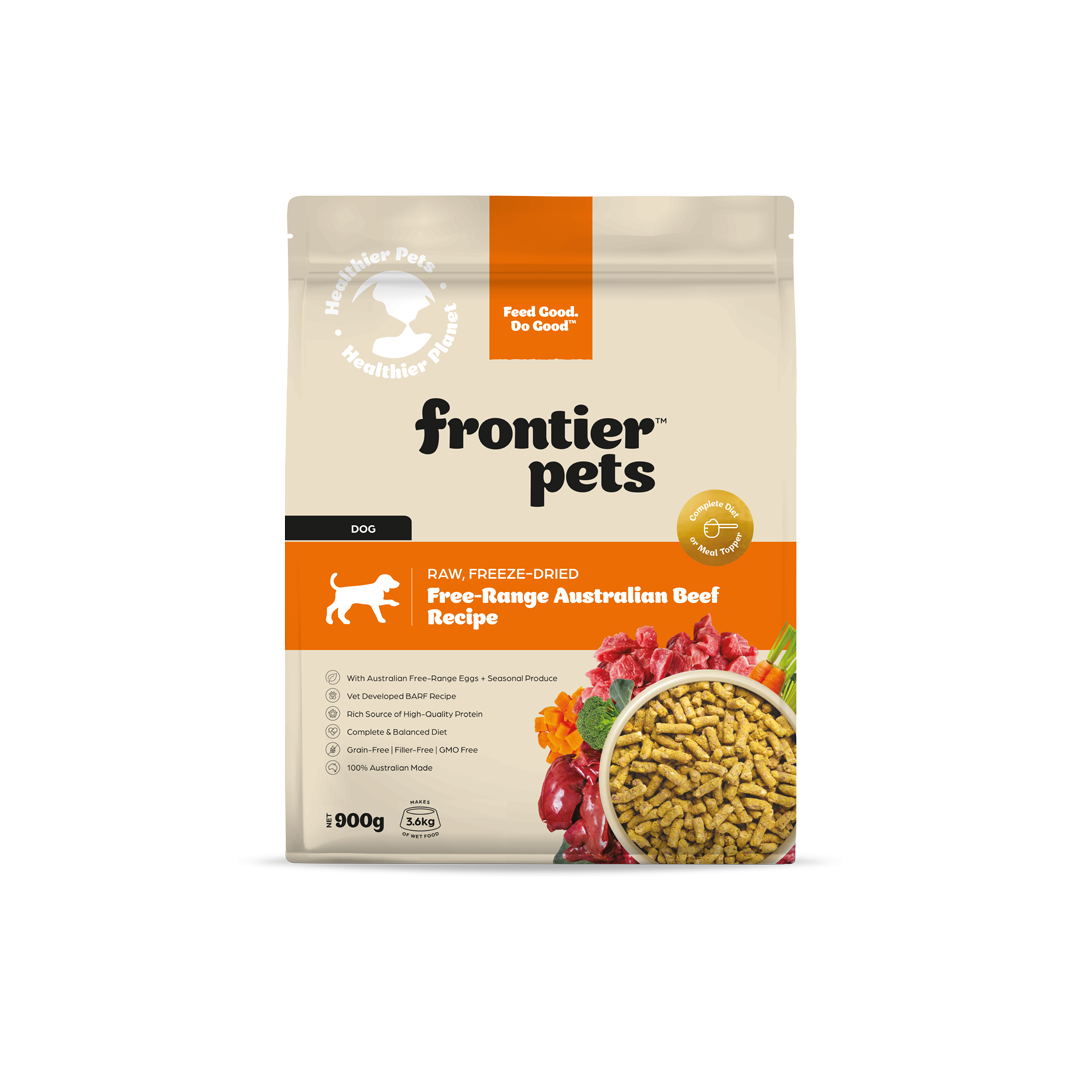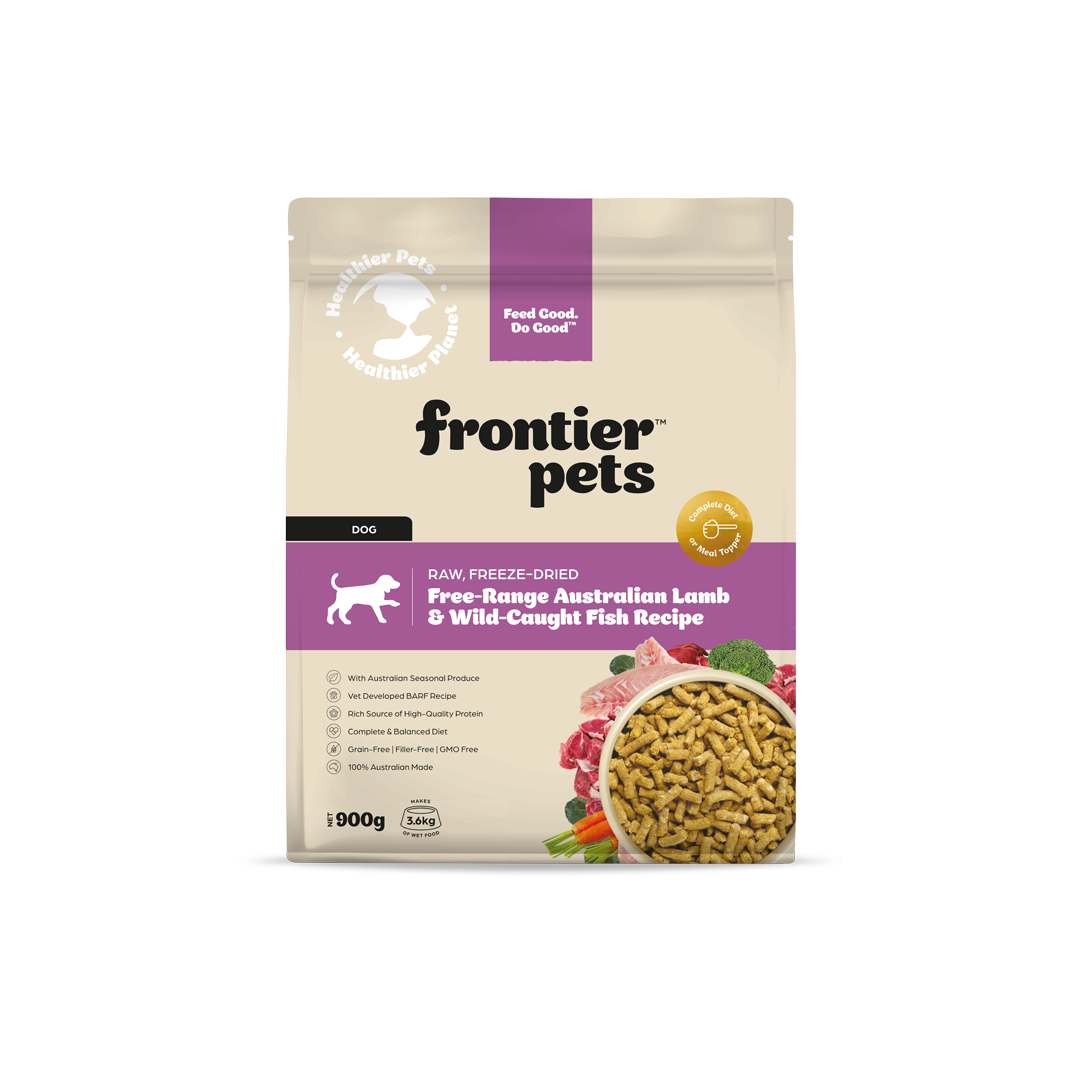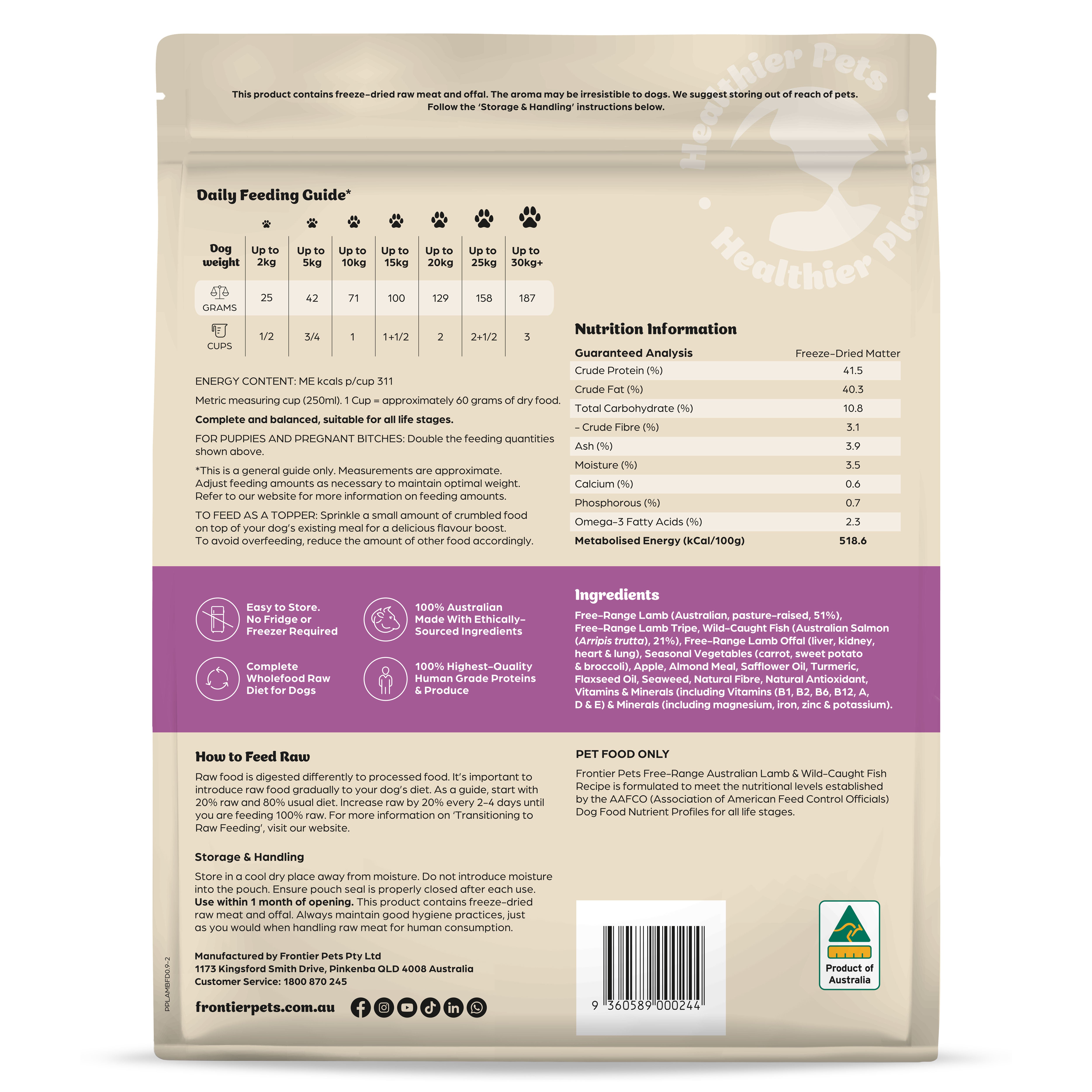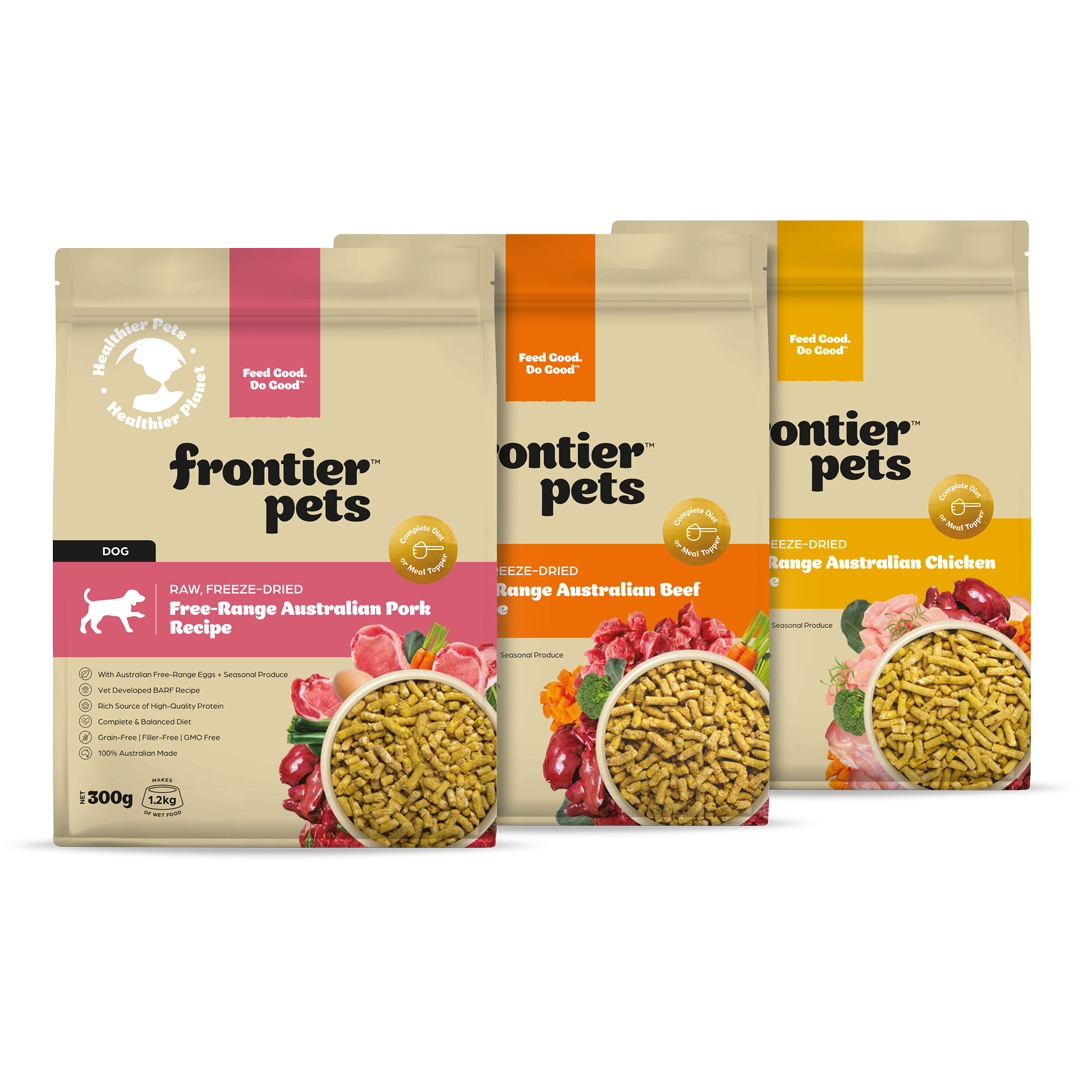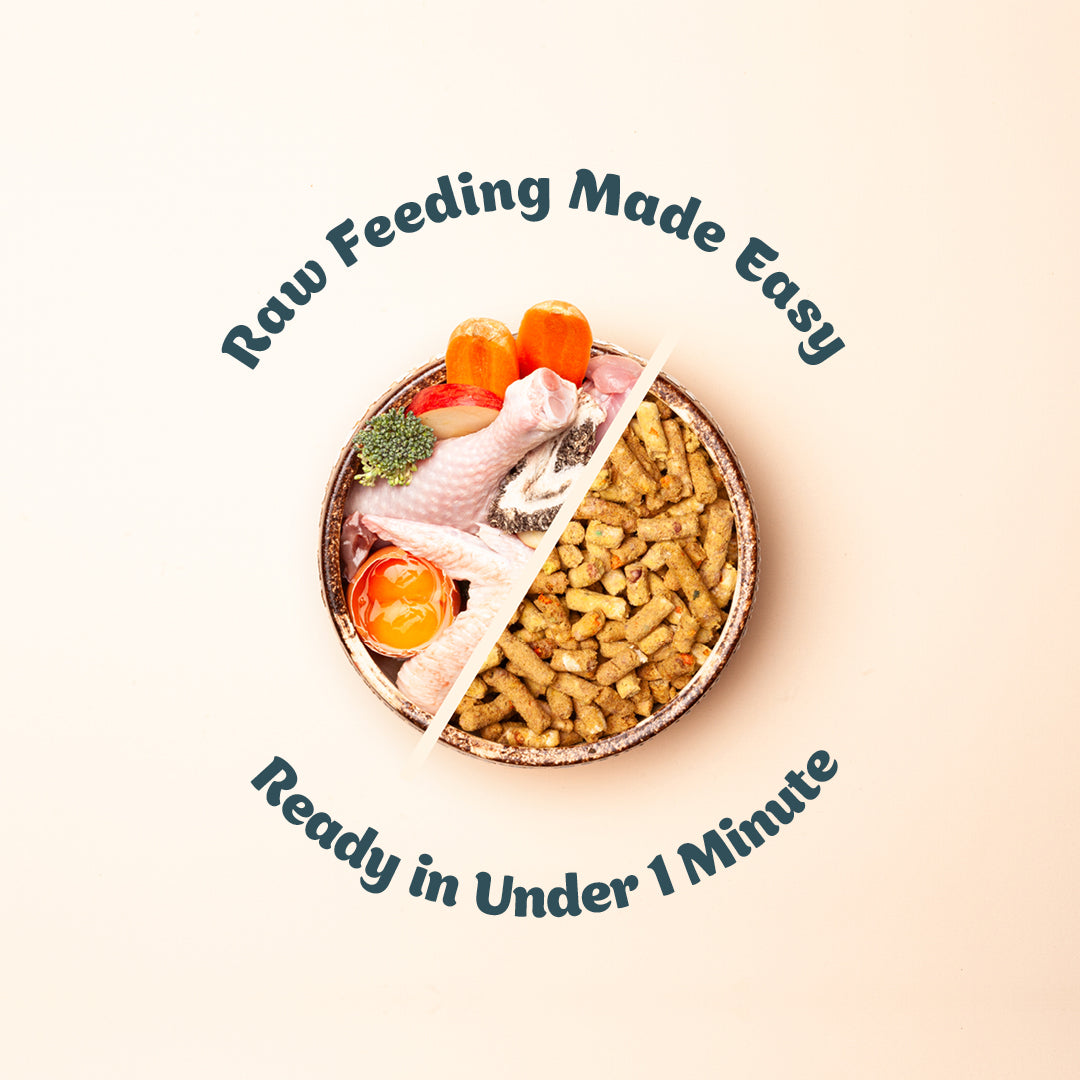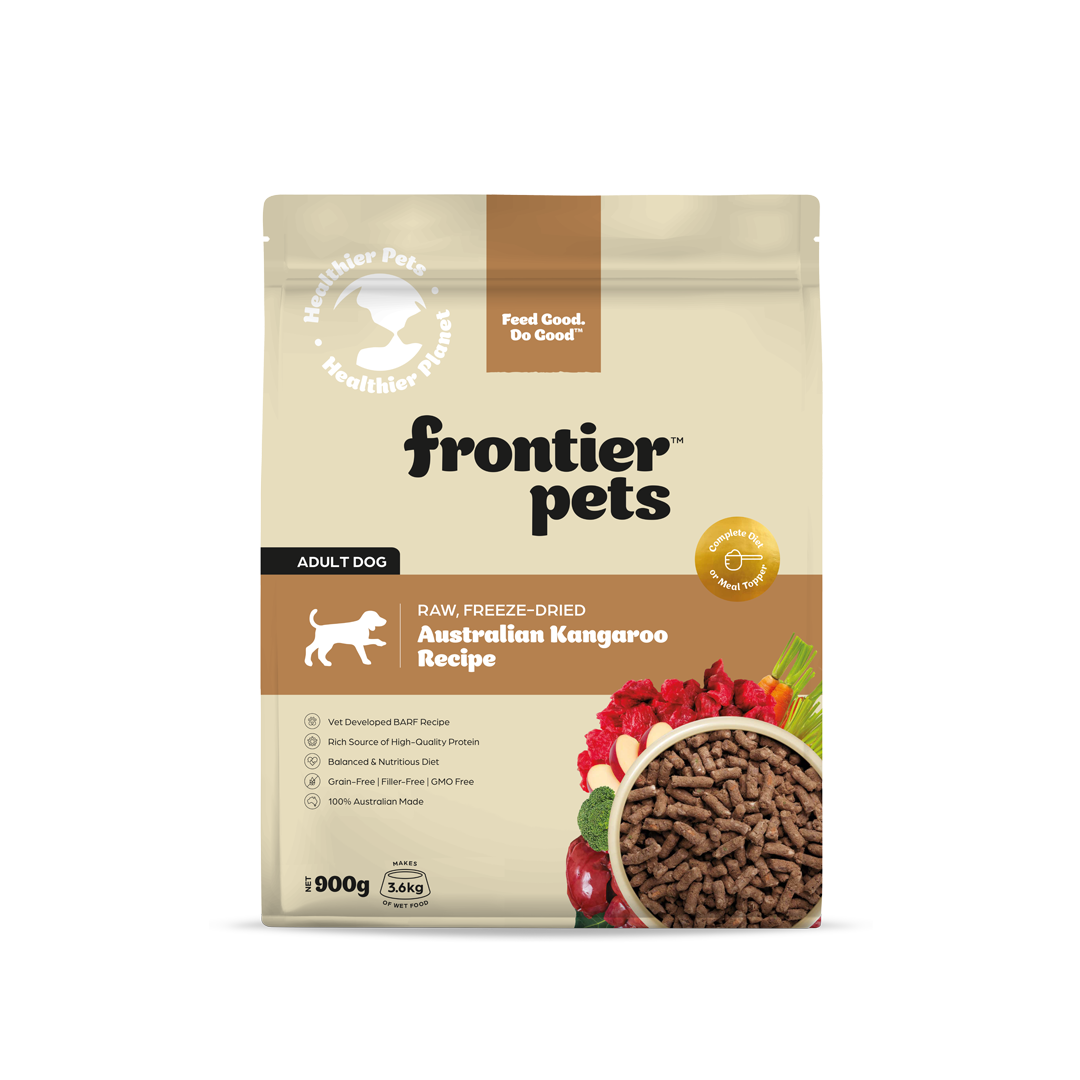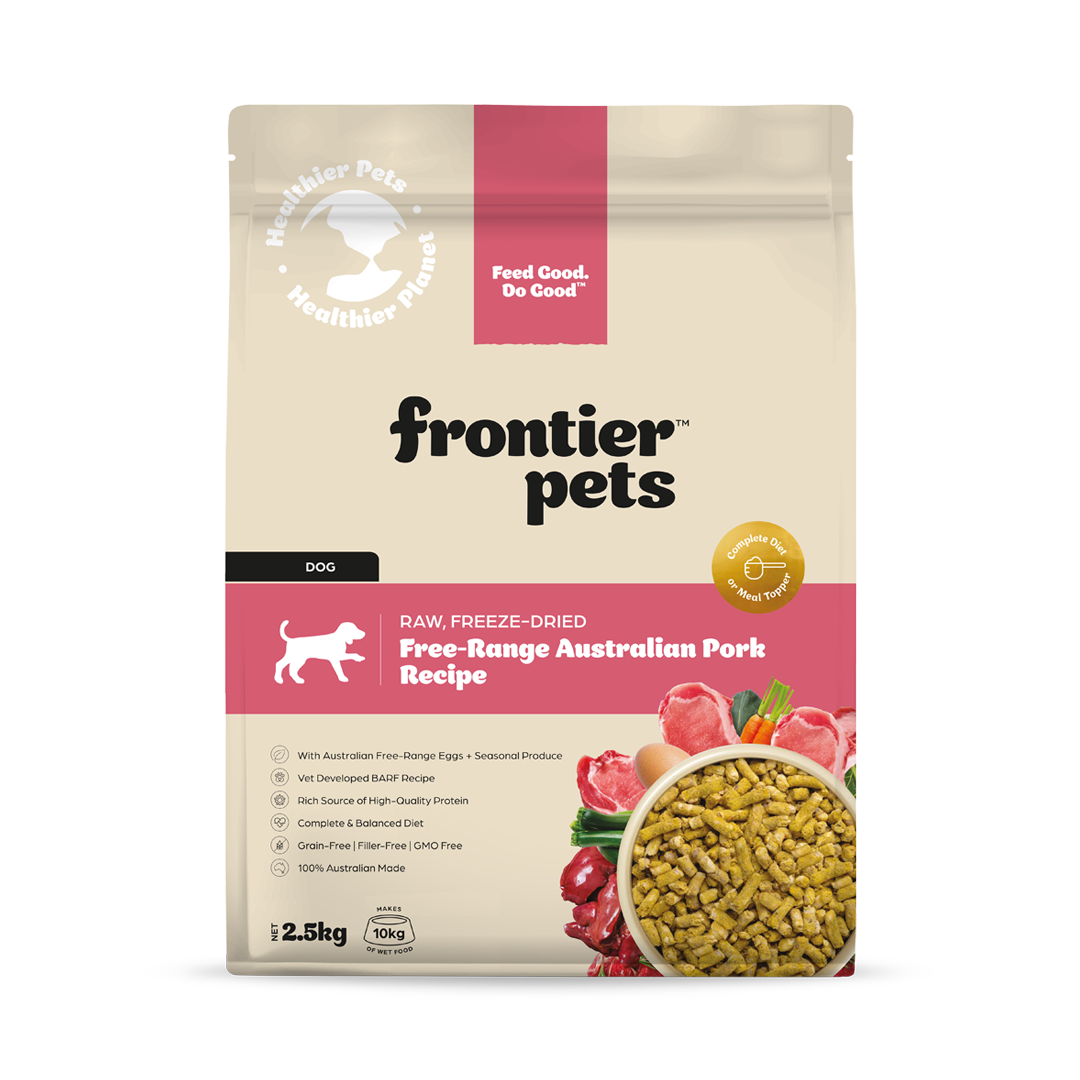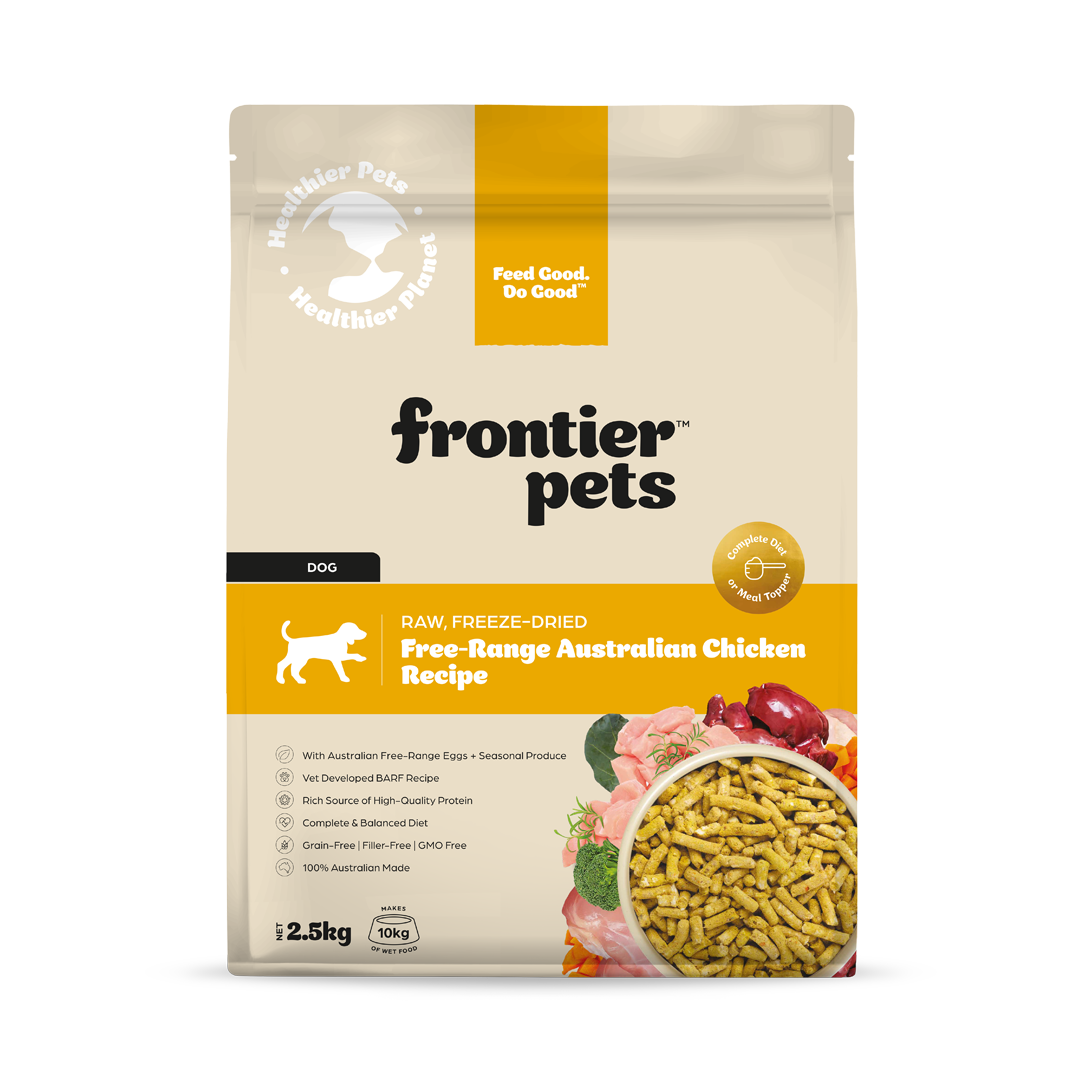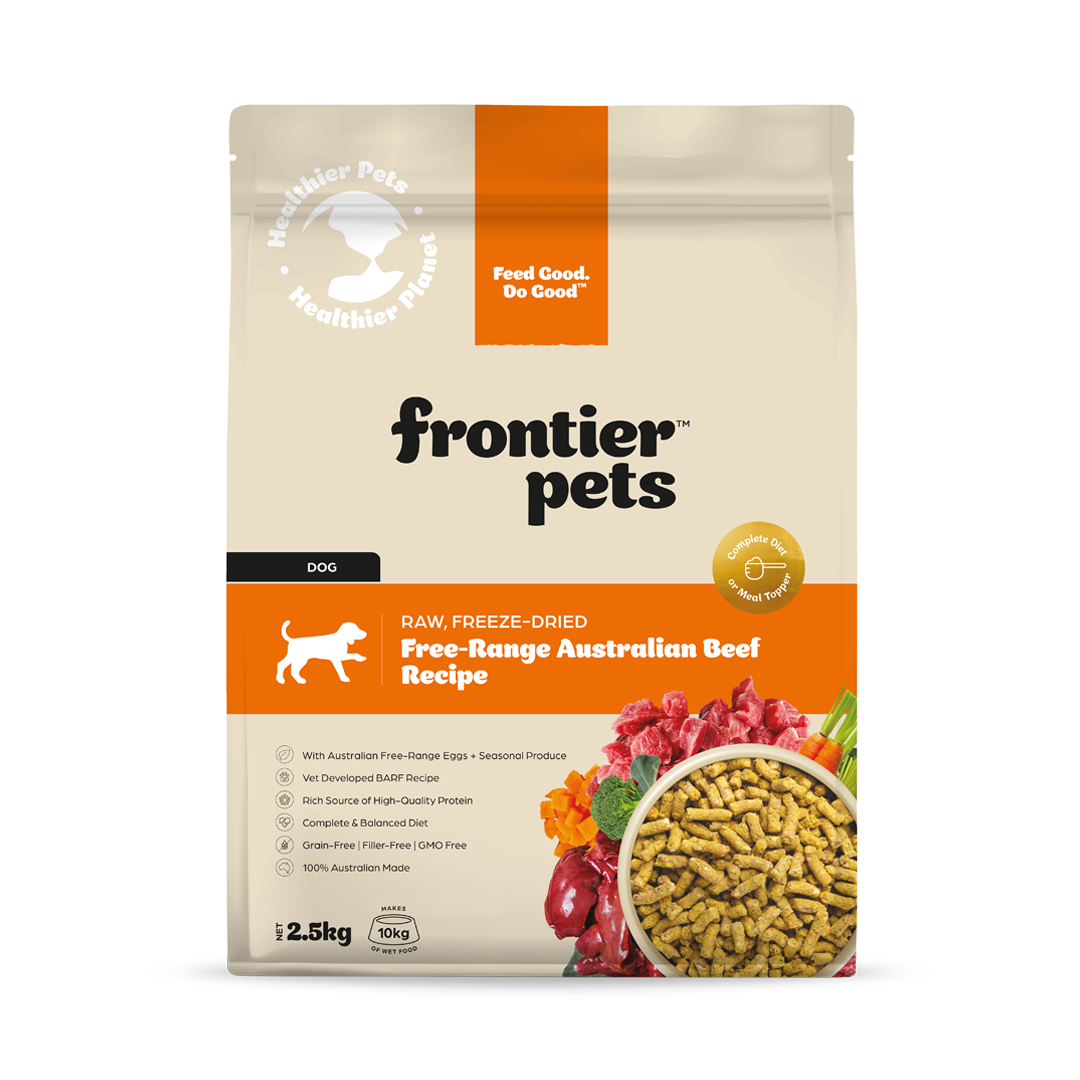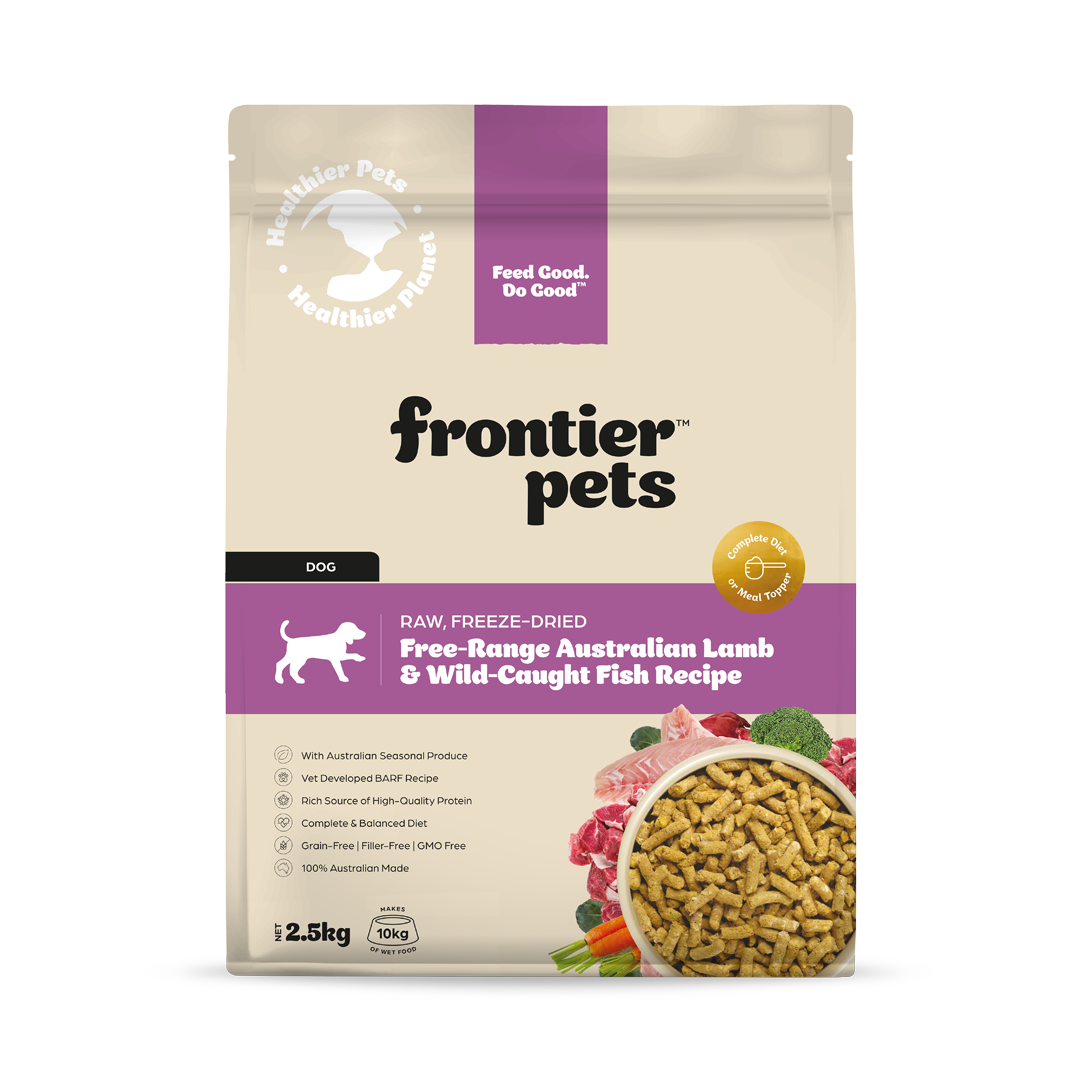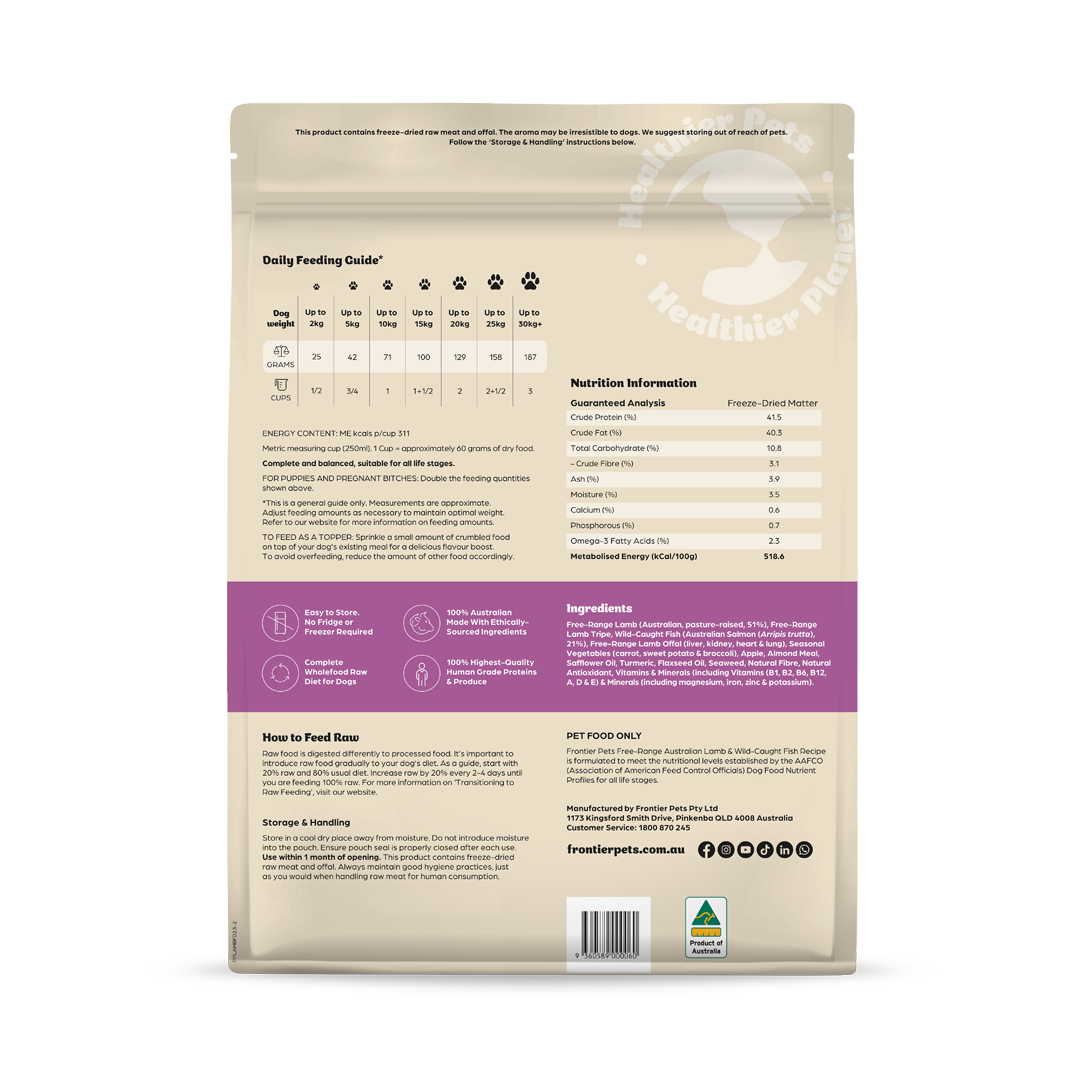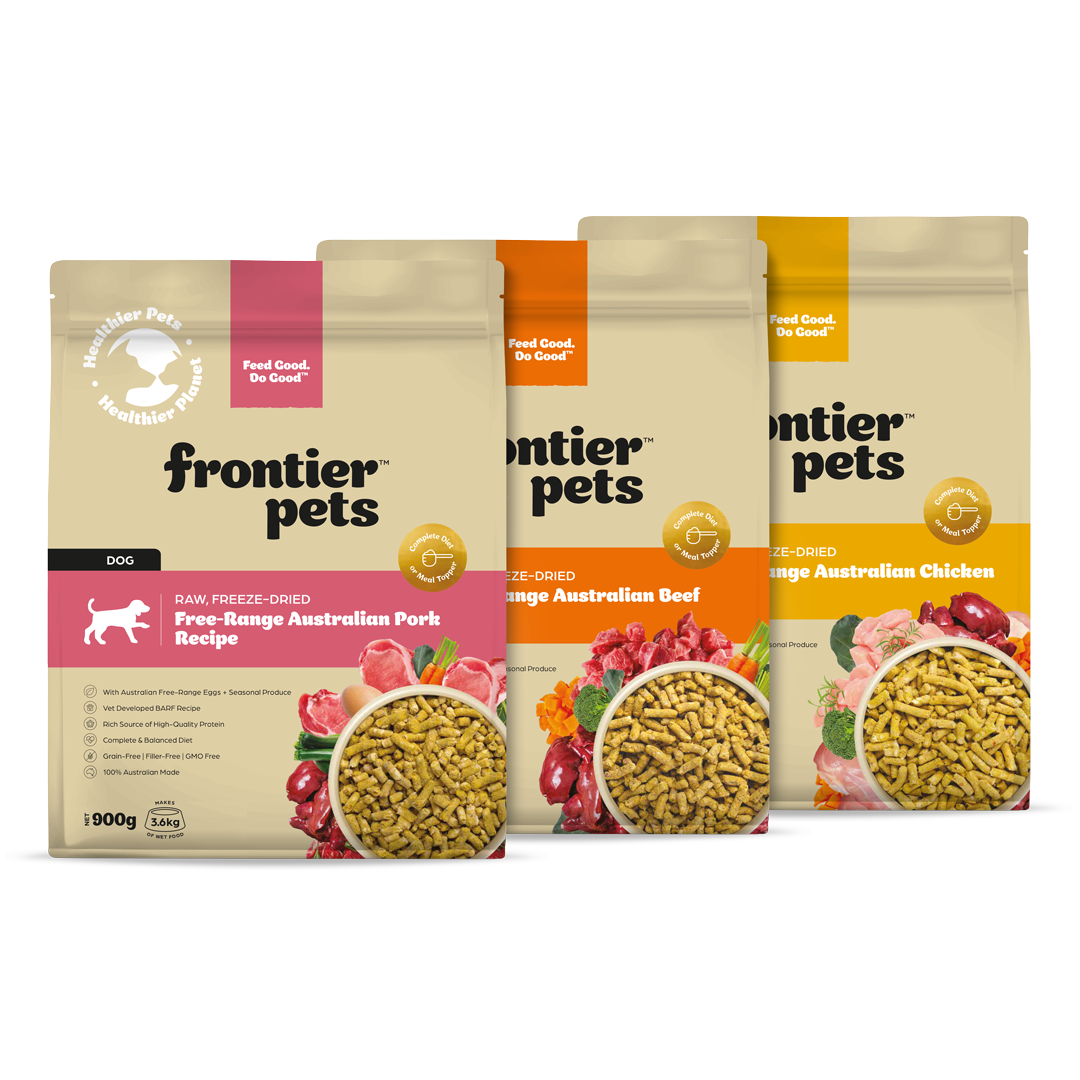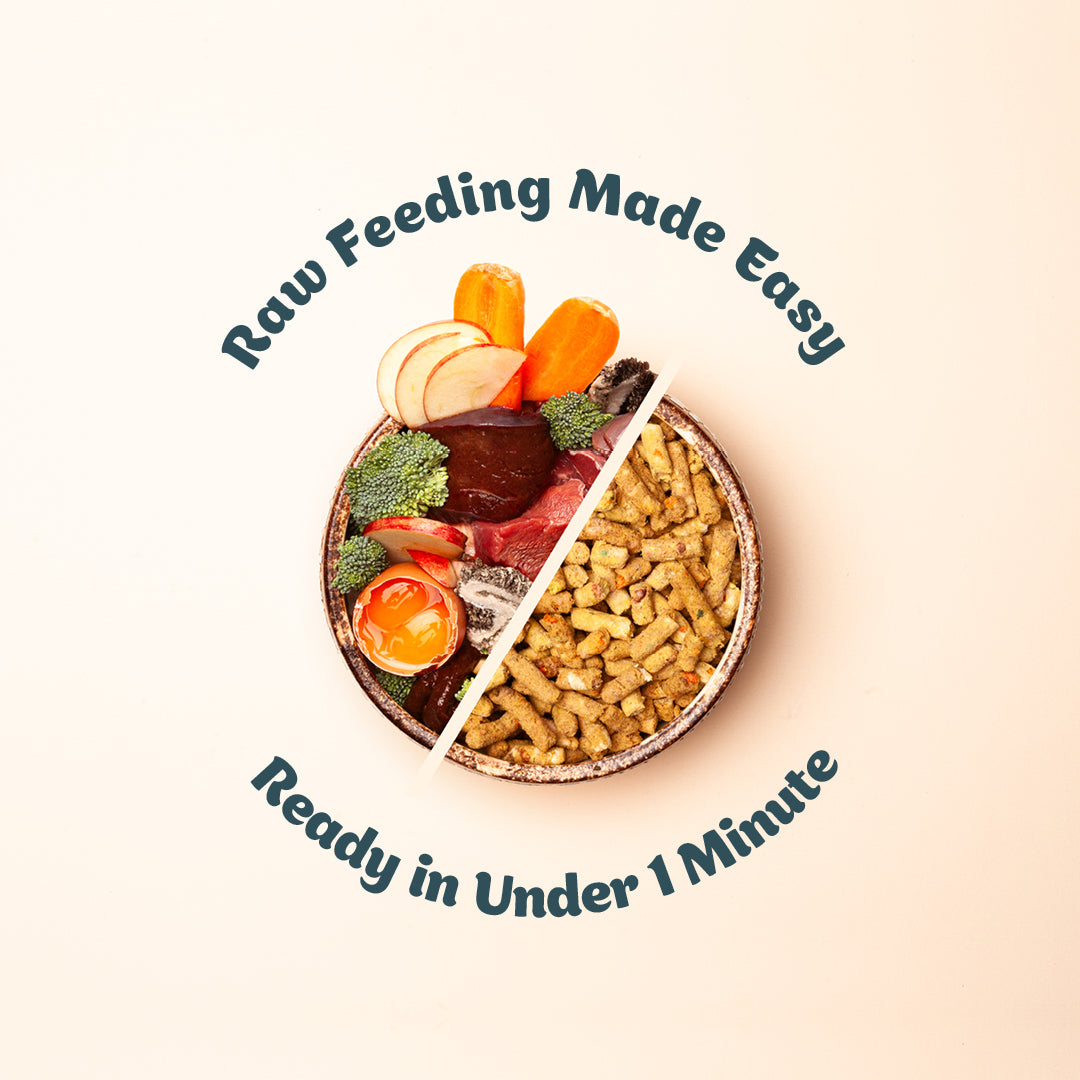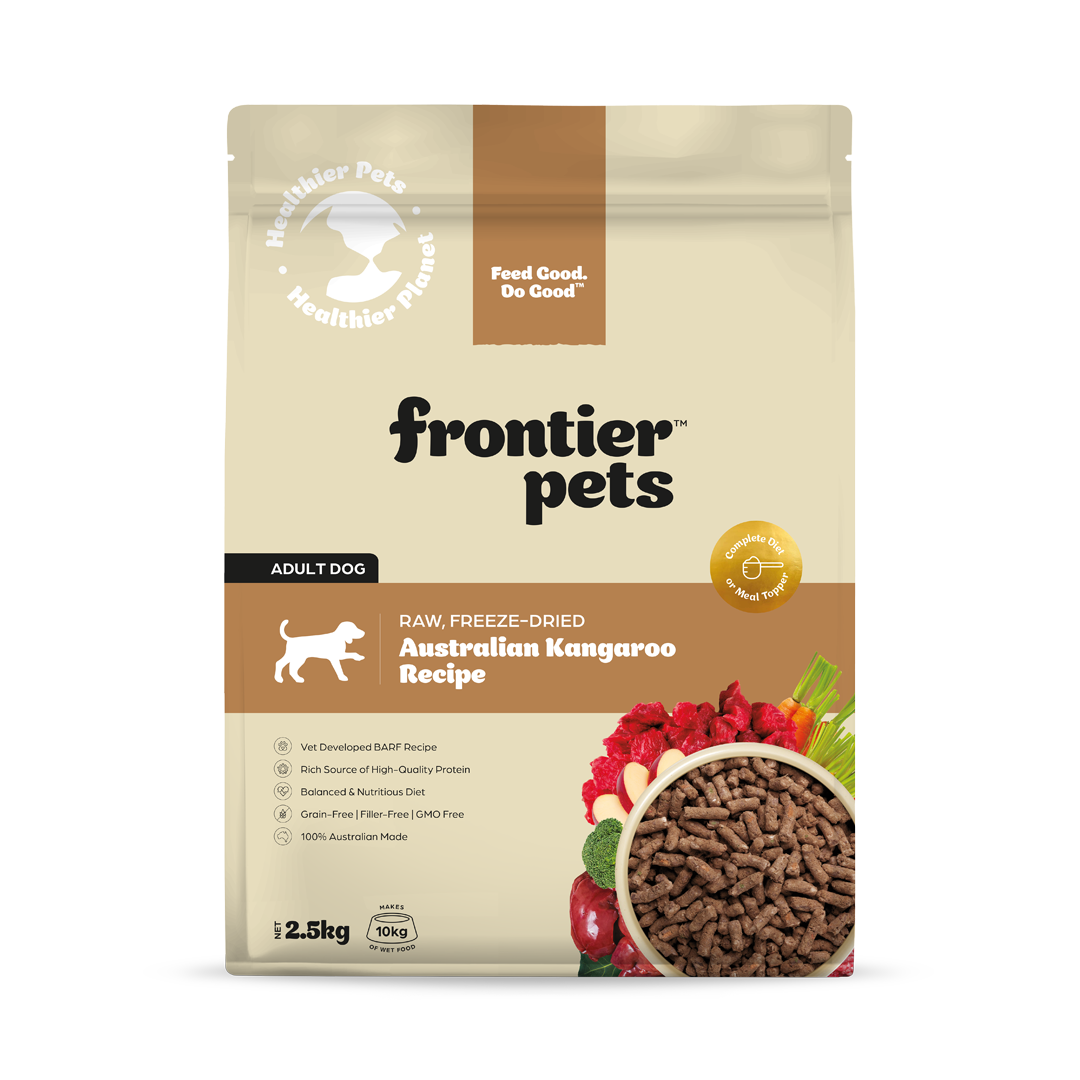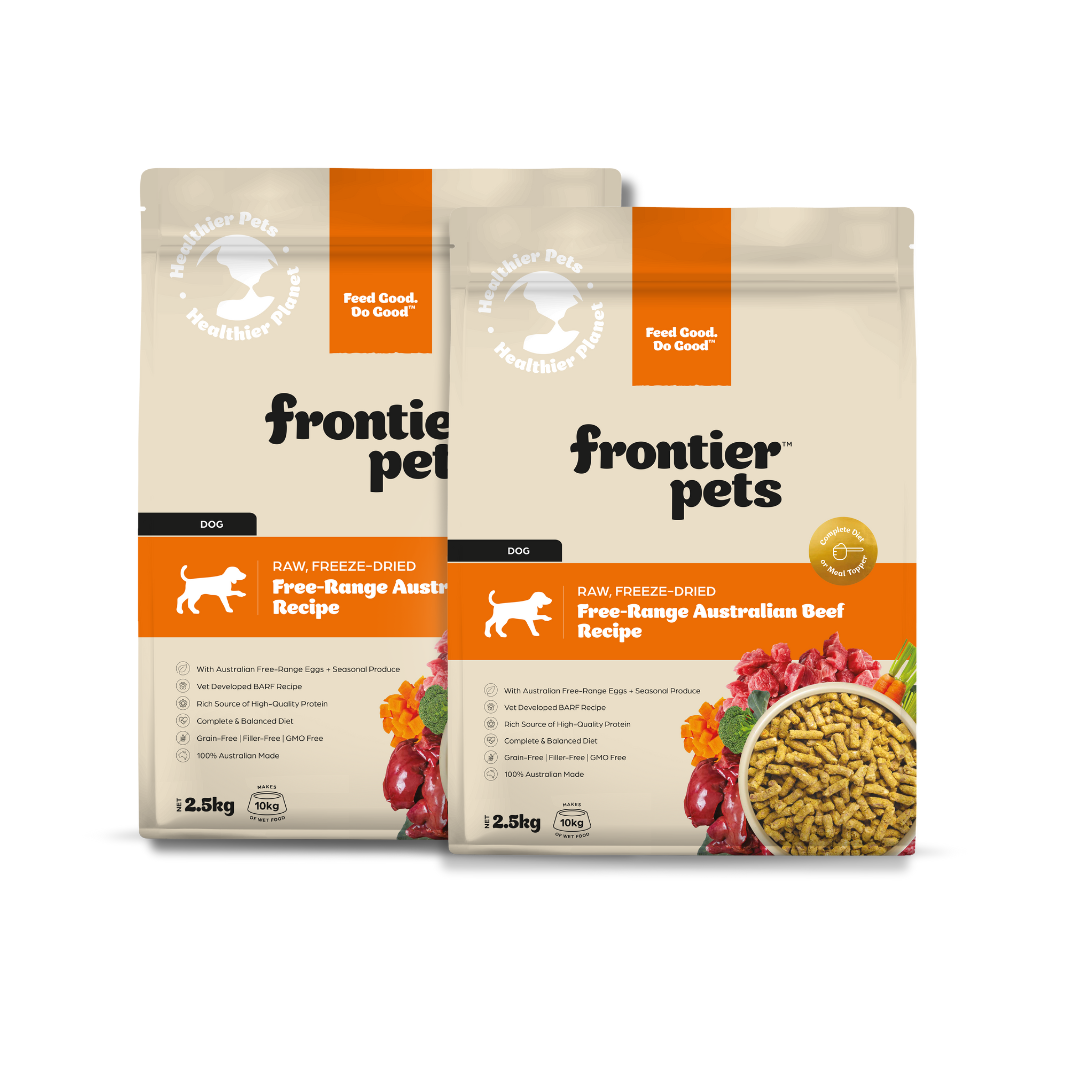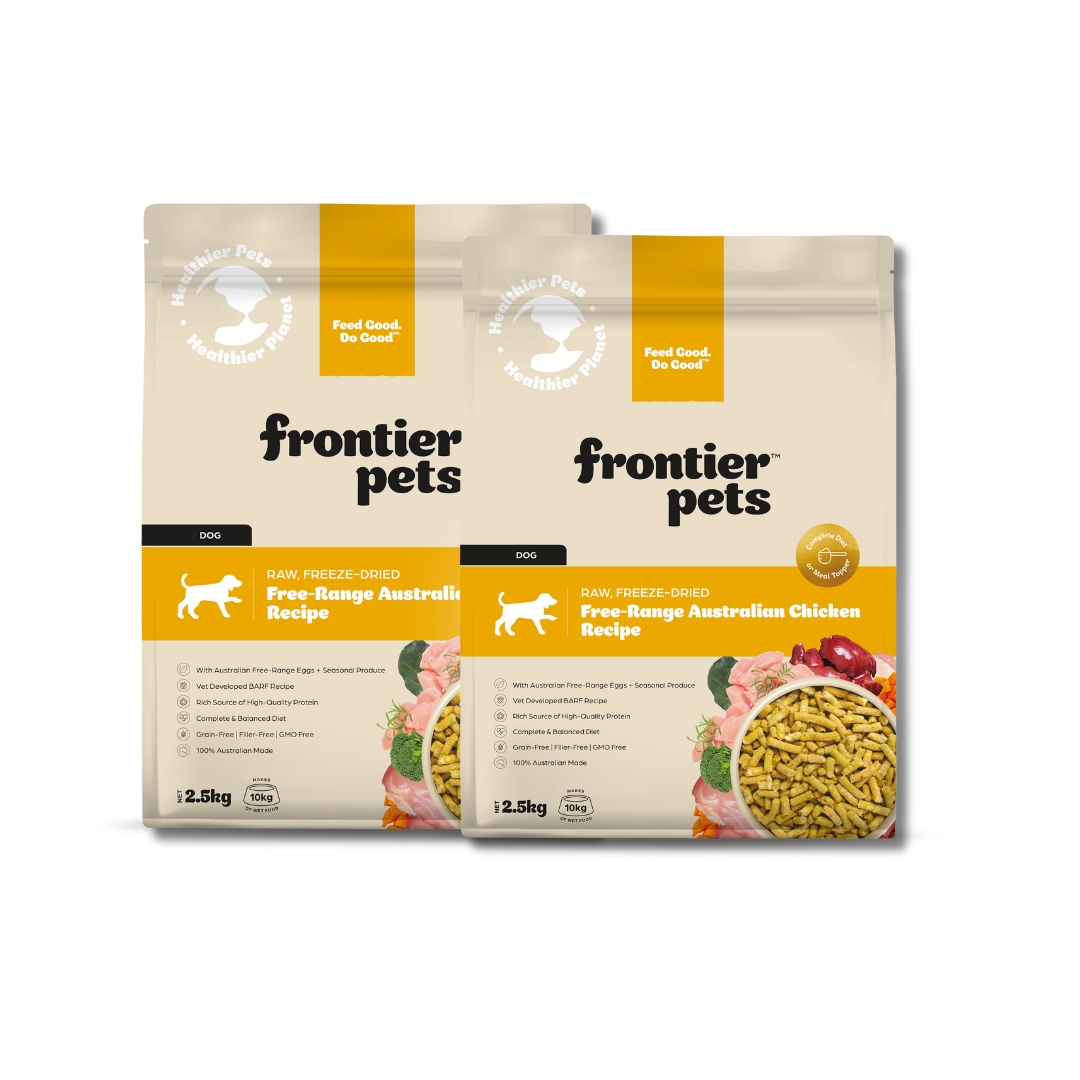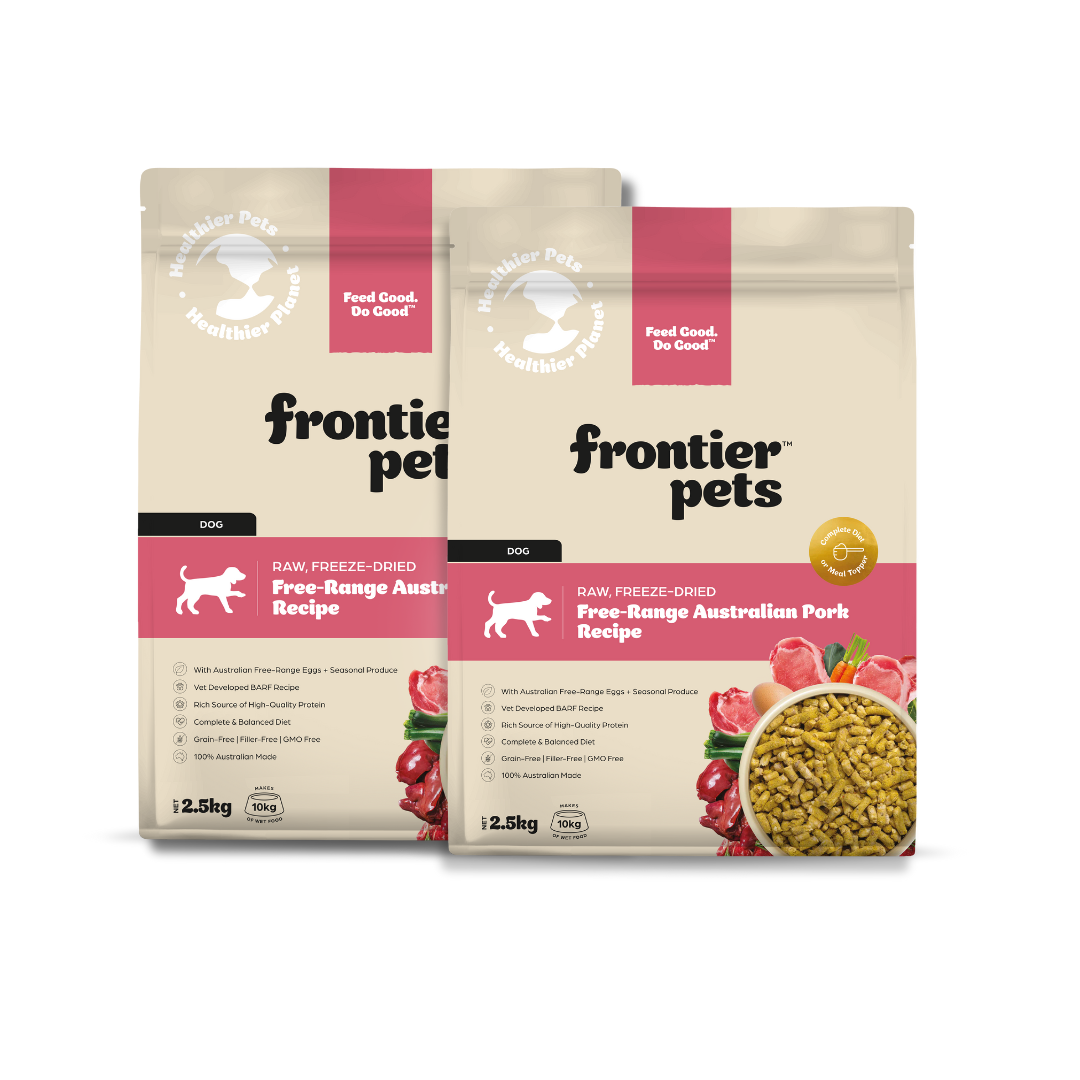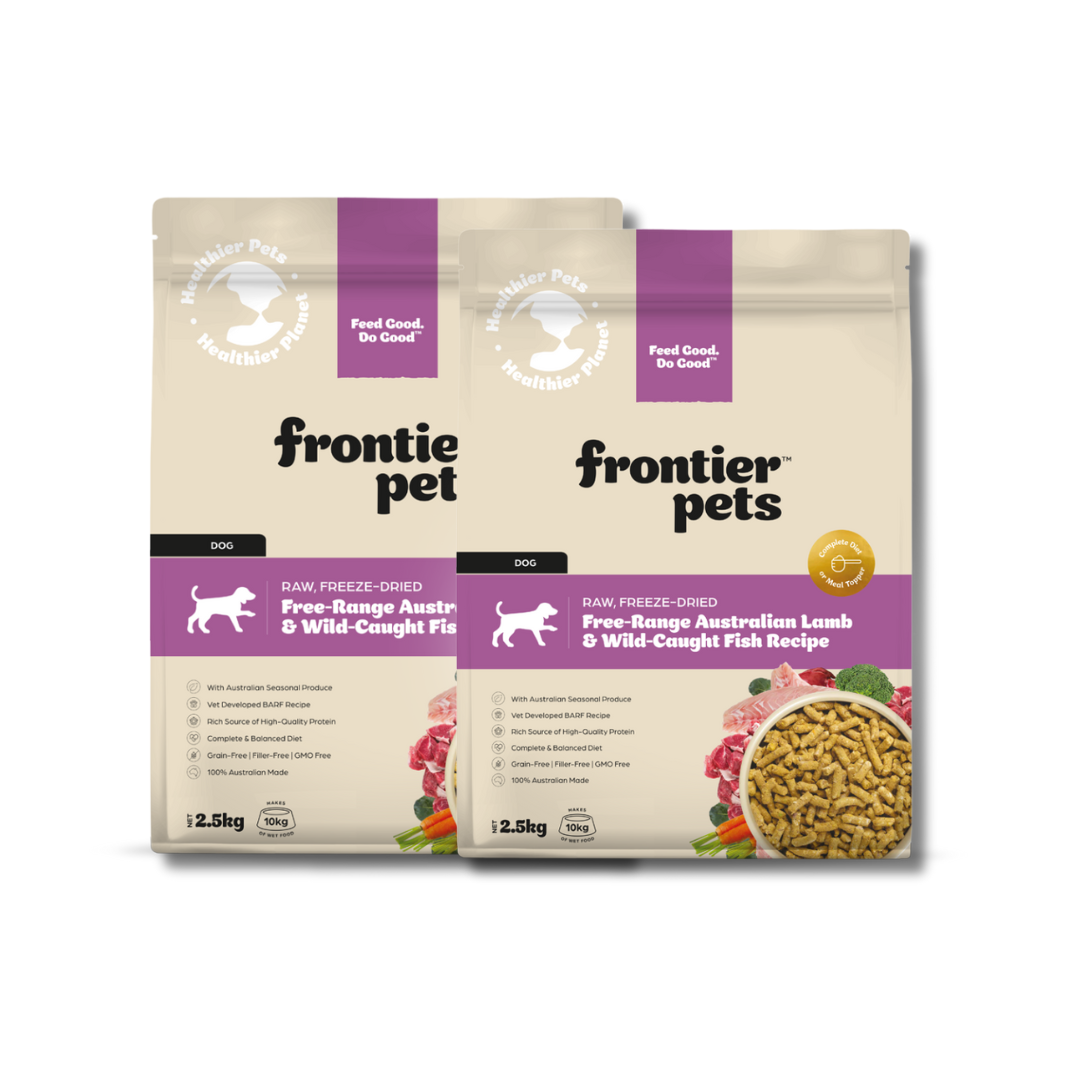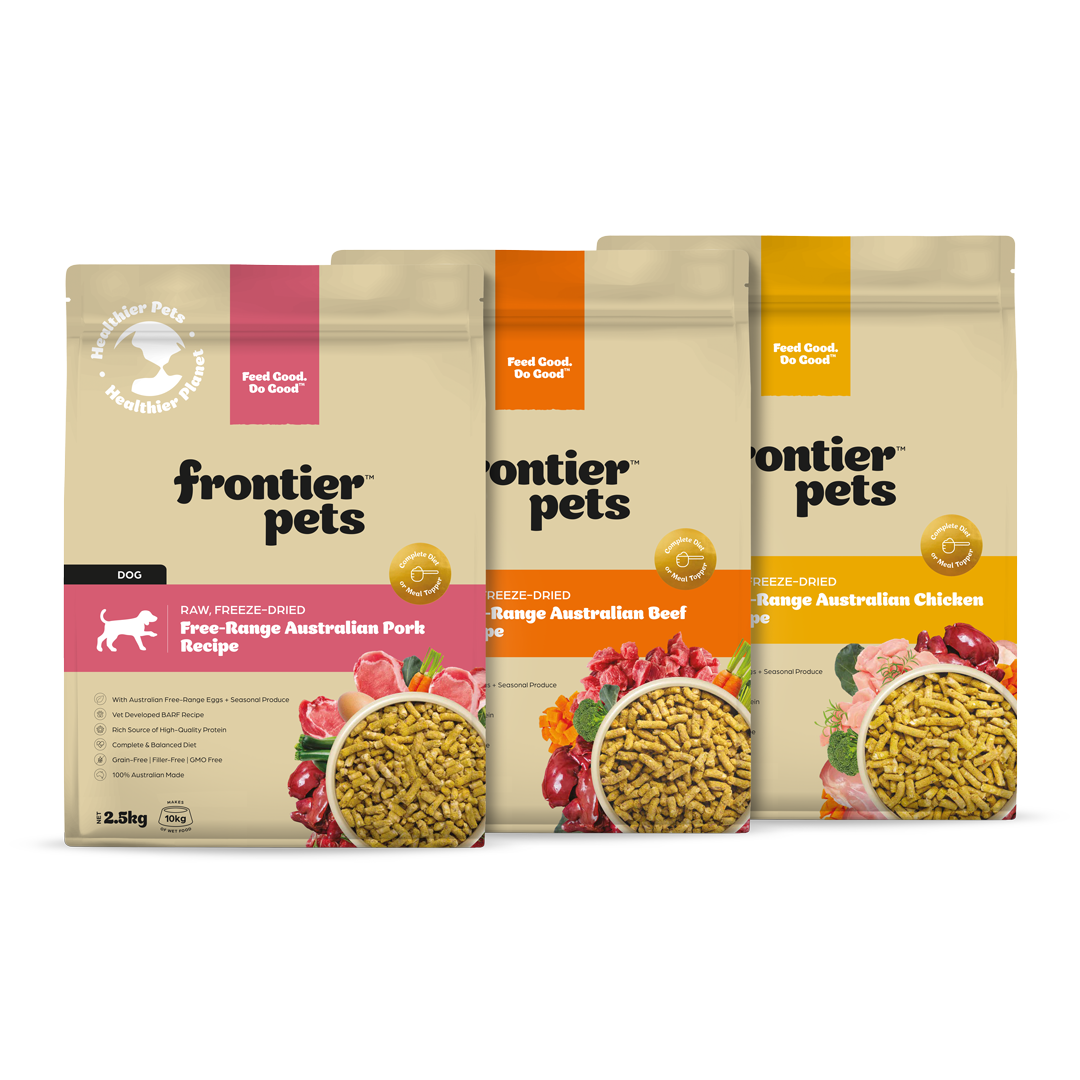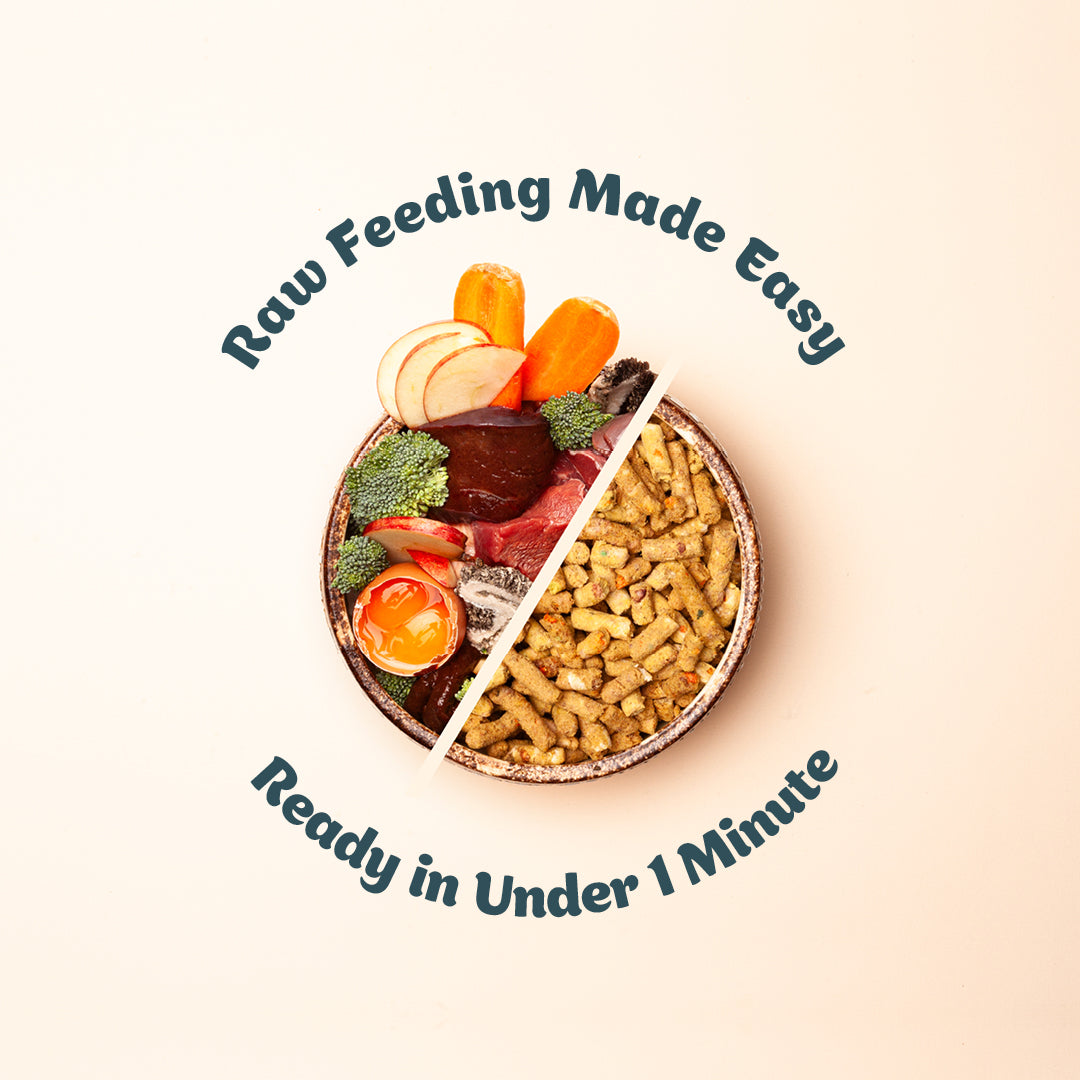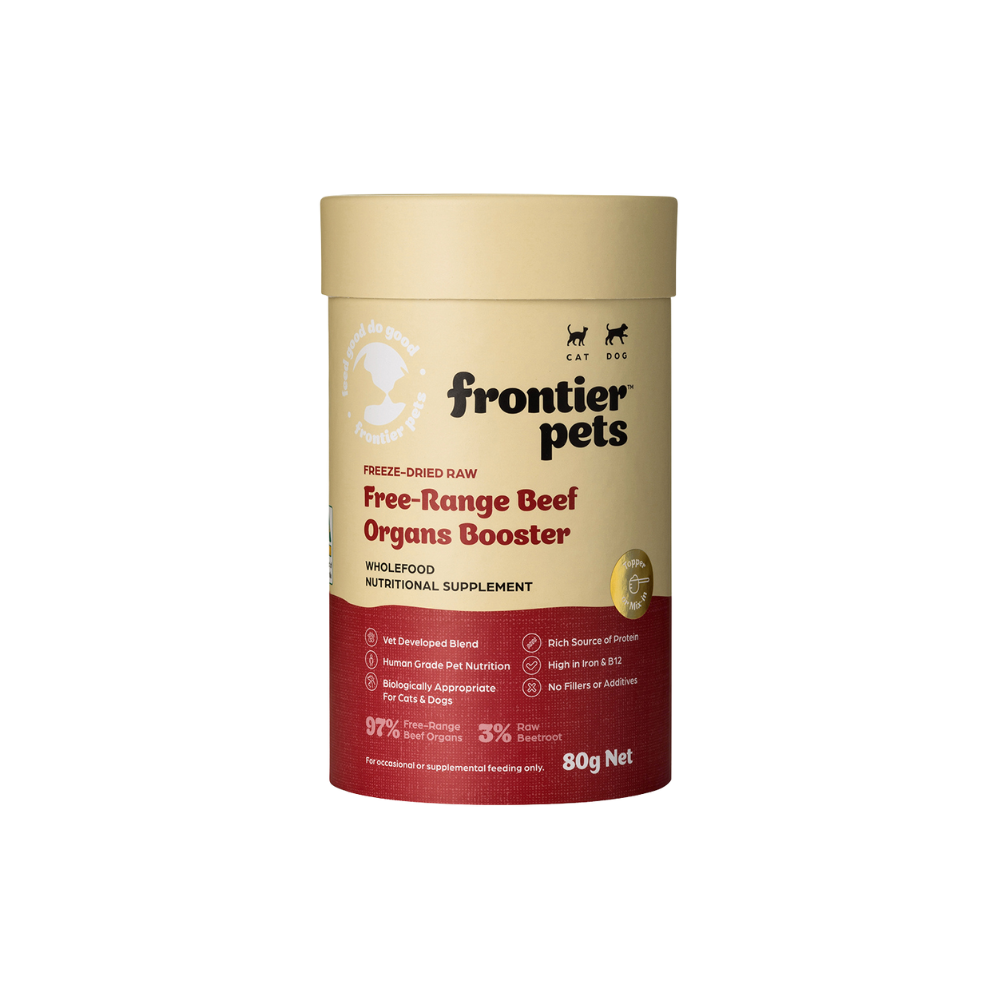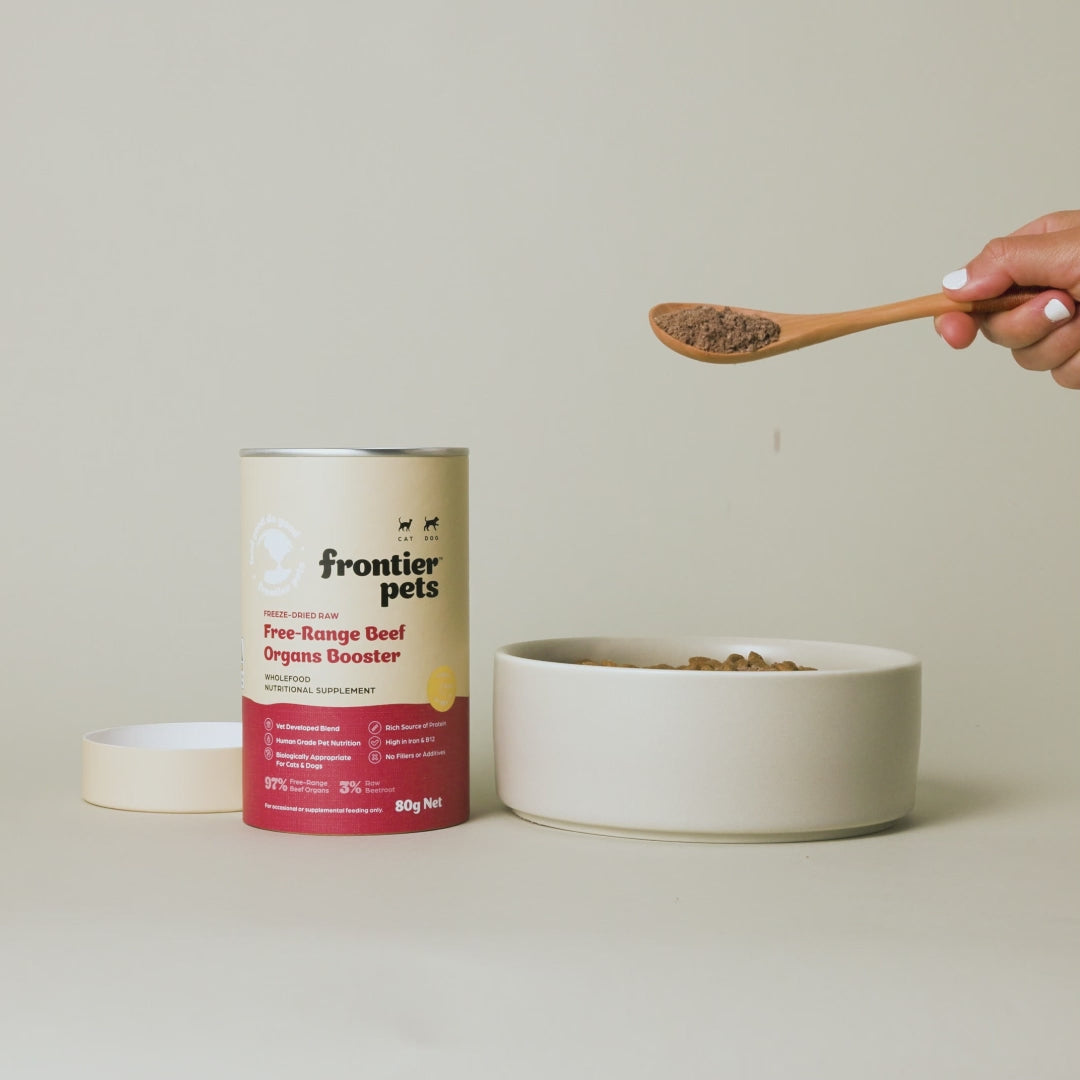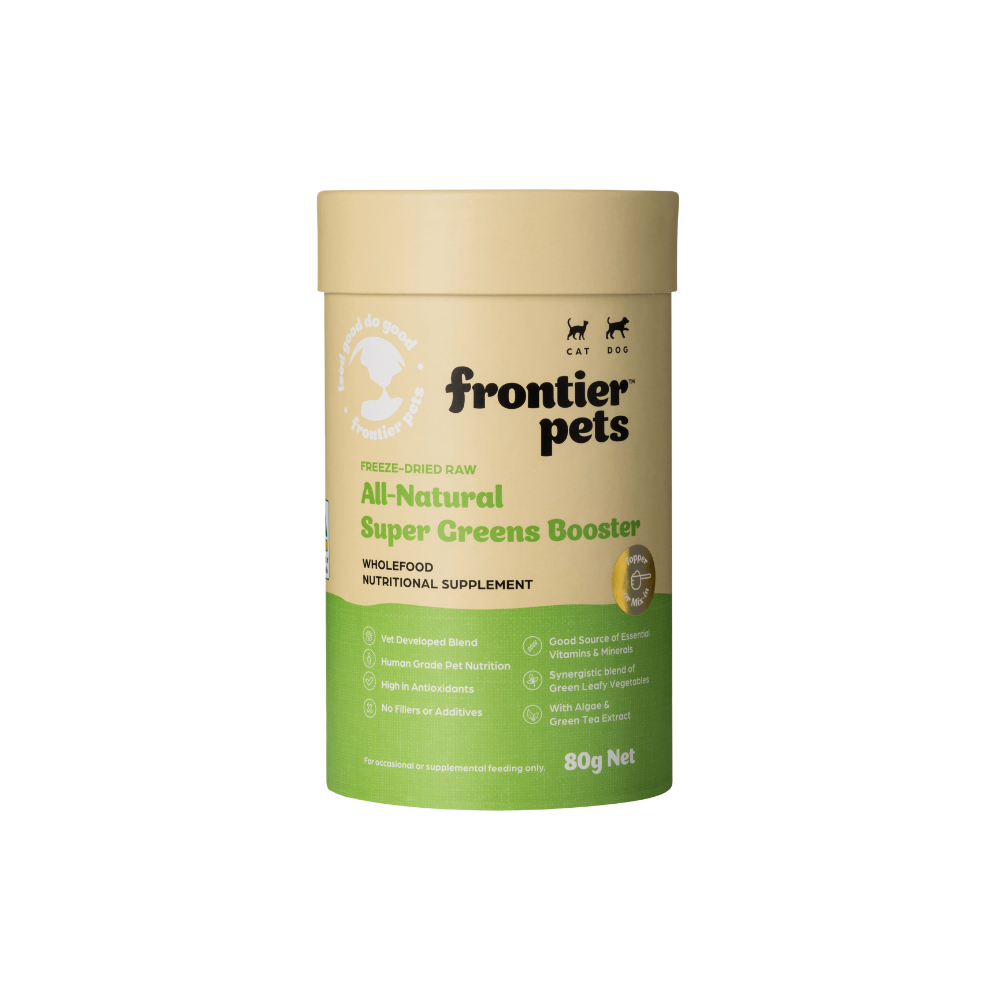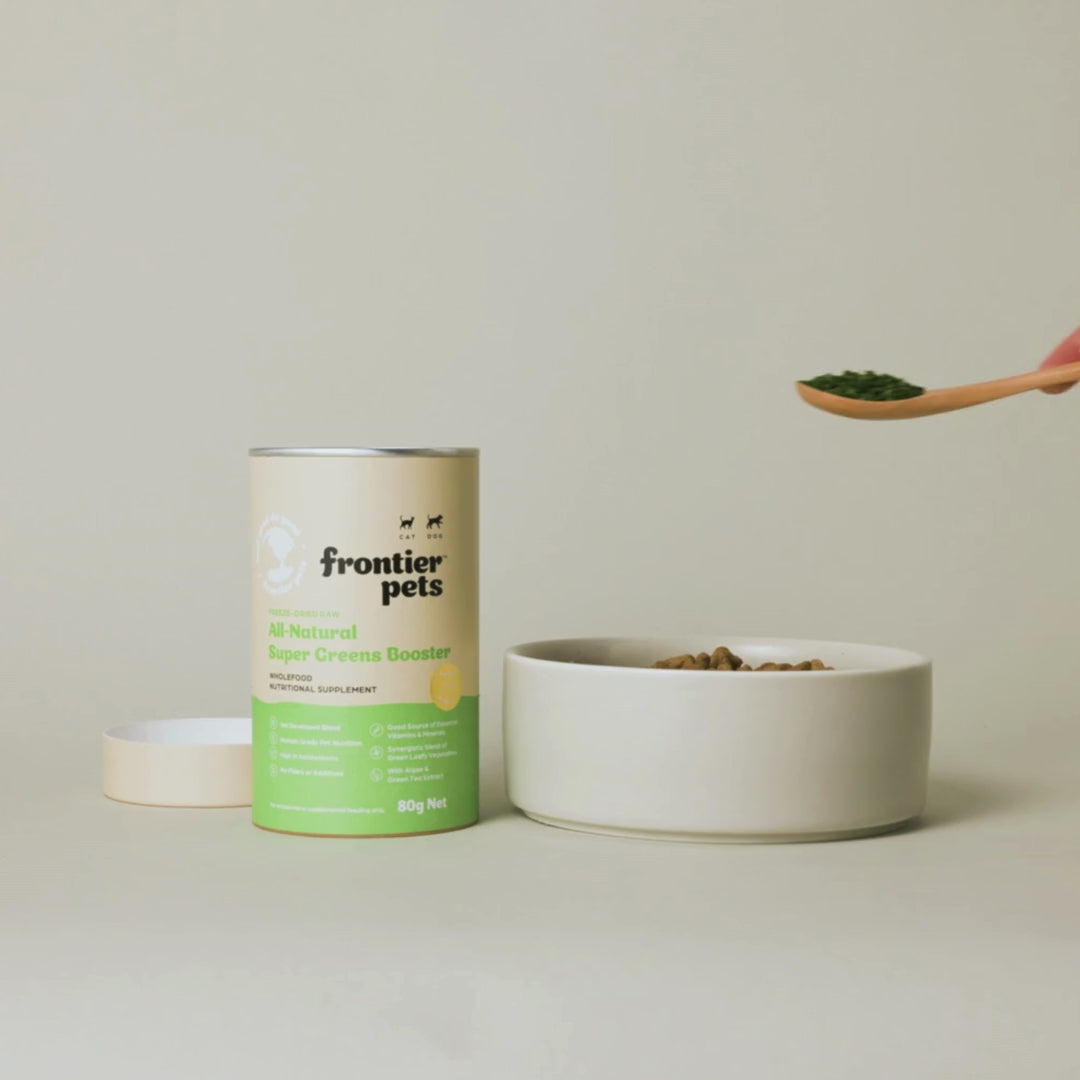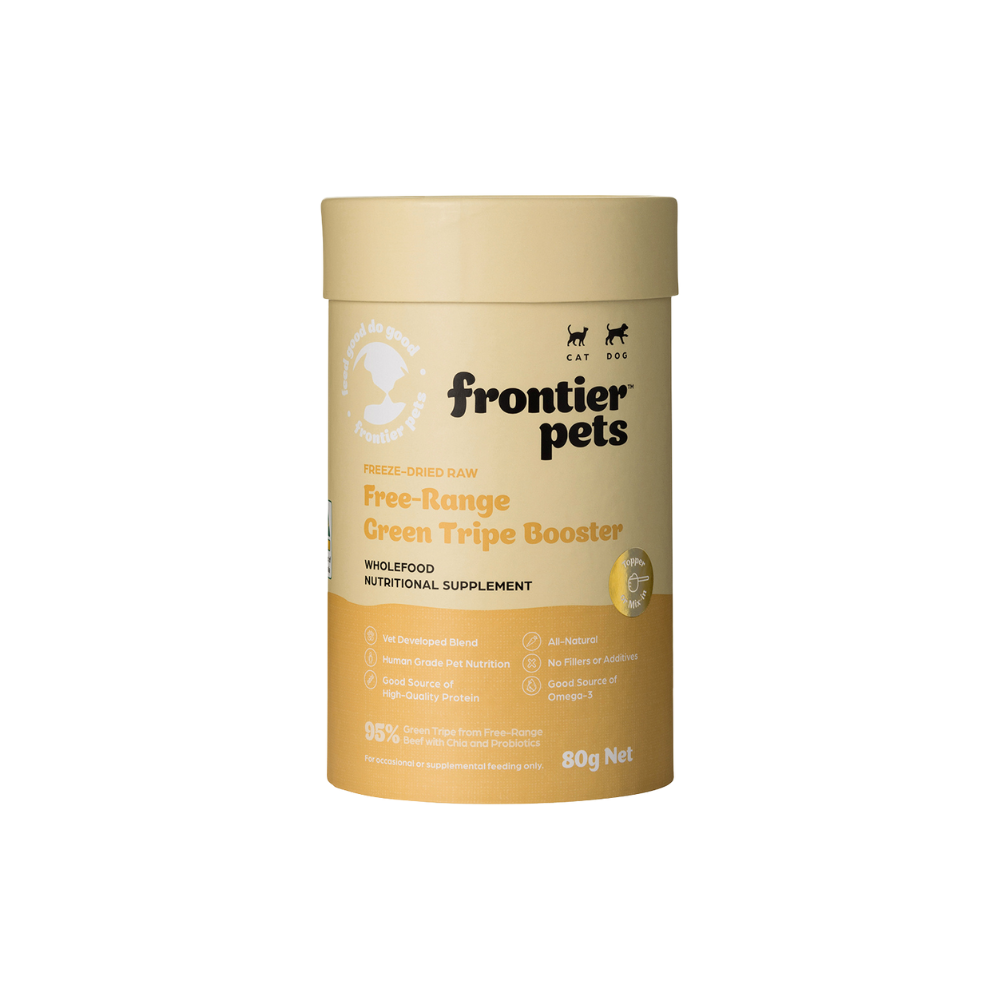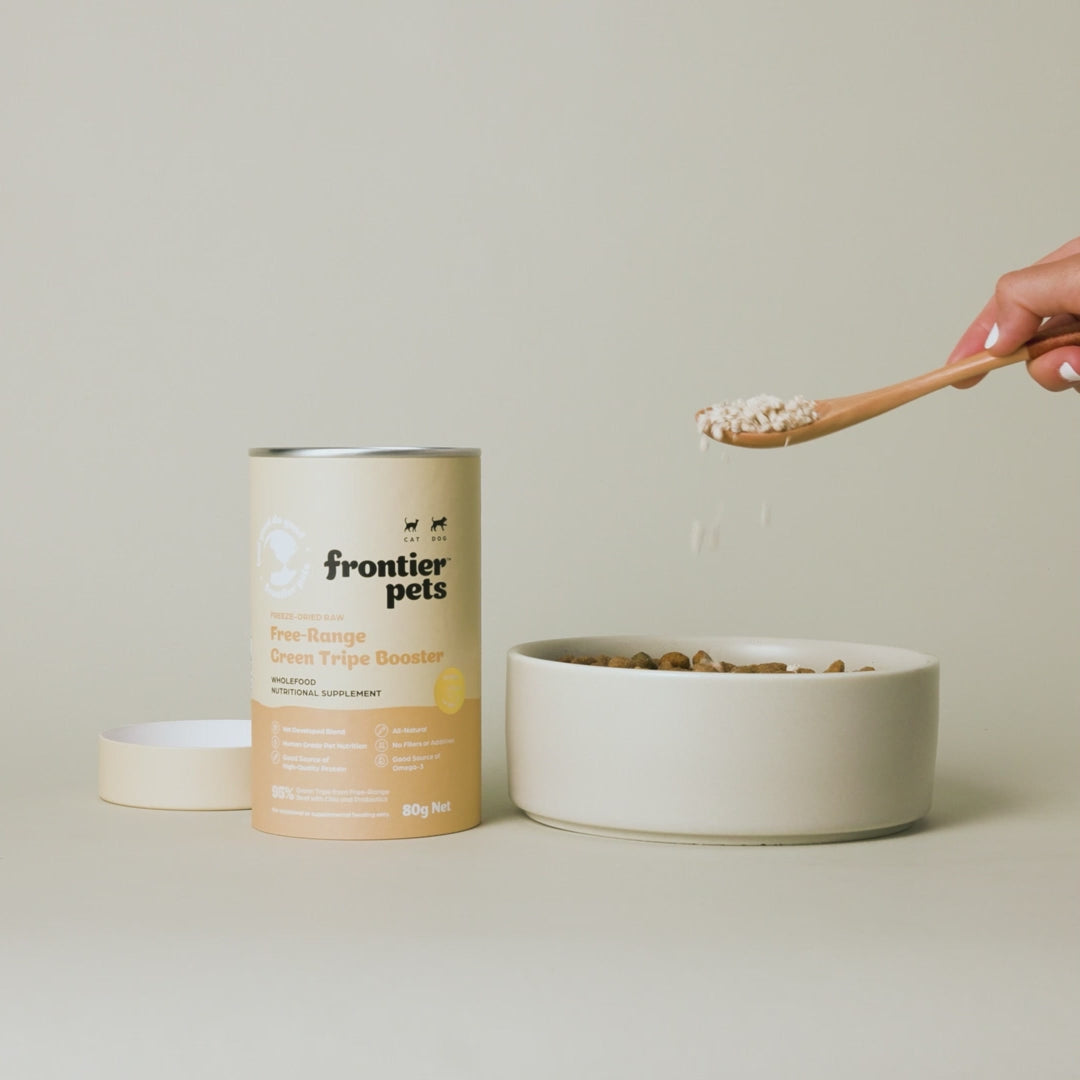Freeze-Dried Natural Dog Food Range

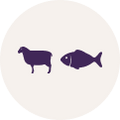


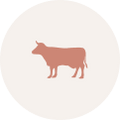

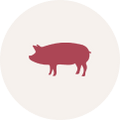














Learn More About Dog Food

Best Low Maintenance Dog Breeds in Australia
Choosing your new fluffy companion is never easy. There is a wide range of considerations that go into finding the perfect pup for you! From your lifestyle to your living arrangements, it’s importa...
Read more
Steps With Pets Charity Challenge, August-September 2025
Steps with Pets – Tottenham Hotspur’s global charity dog-walking challenge, supported by Frontier Pets Calling all dog-loving Spurs fans around the world! This is your chance to combine your pass...
Read more
Tottenham Hotspur partners with Frontier Pets - for Healthier Pets and a Healthier Planet
Exciting news for Frontier Pets soccer (ahem, football) fans! We've teamed up with Tottenham Hotspur FC to support their groundbreaking Supporter's Club for dog-owners,Tottenham Hostpaw. Read the...
Read moreFrequently Asked Questions
Many pet owners believe that raw food closely resembles a dog’s natural diet, providing whole, unprocessed ingredients which may support overall health, digestion, and coat condition.
Unlike kibble or canned food, freeze-drying aims to retain more natural nutrients and flavours without cooking or heat, which can break down certain vitamins and minerals.
High-quality dog foods focus on using whole, nutrient-rich ingredients like premium meats, organic fruits, and vegetables. These products are typically free from GMOs, gluten, fillers, and grains, prioritising free-range, sustainably-sourced meats and organic produce to deliver balanced, natural nutrition.
Look for transparency in sourcing and ingredient lists. Brands that prioritise sustainably-sourced will often provide information about their suppliers, certifications, and practices on their websites or product packaging. You can find more information about our sourcing practices and producers here.
Look for pet food brand that meet and exceed the requirement of AAFCO (Association of American Feed Control Officials) or NRC (National Research Council) that indicate the food meets safety and nutritional guidelines. Additionally, check for quality assurance standards that ensure the product is made in Australia, reflecting a commitment to local sourcing and manufacturing practices.
Yes, freeze-dried dog food is significantly more convenient than fresh or frozen raw diets. Our freeze-dried dog food retains the natural nutrition and high-quality ingredients of raw food while being shelf-stable and lightweight. Unlike frozen raw diets, freeze-dried dog food requires no refrigeration and can be prepared quickly with warm water, making it perfect for pet owners seeking a hassle-free solution. Frontier Pets freeze-dried raw dog food offers balanced nutrition, essential nutrients, and the convenience of easy storage and preparation, supporting your dog’s health at every life stage.
Feeding your dog a raw, balanced diet like our freeze-dried options provides numerous long-term health benefits, including shinier coats, healthier skin, strong bones, and improved joint care. A diet rich in 100% free-range protein and natural ingredients supports digestive health, boosts energy levels, and promotes dental health by reducing bad breath and tartar build-up. Dogs fed a raw, balanced diet often experience fewer health concerns and live healthier lives, benefiting from superior nutrition tailored to their breed, size, and life stage.
Preparing our freeze-dried dog food is simple and quick, making it an ideal choice for busy pet owners. It can be fed directly without fully rehydrating, or served dry, depending on your dog’s preferences, offering added convenience for those on the go. Add warm water to the food in the recommended feeding portions based on your dog’s size and weight. Stir or let it sit for a few moments to rehydrate, although this step is not strictly necessary, creating a delicious meal with the perfect balance of nutrients. Whether you’re feeding puppies, adult dogs, or senior pets, our freeze-dried food ensures a smooth transition to natural nutrition and supports a beautiful, shiny coat, joint care, and overall health.

